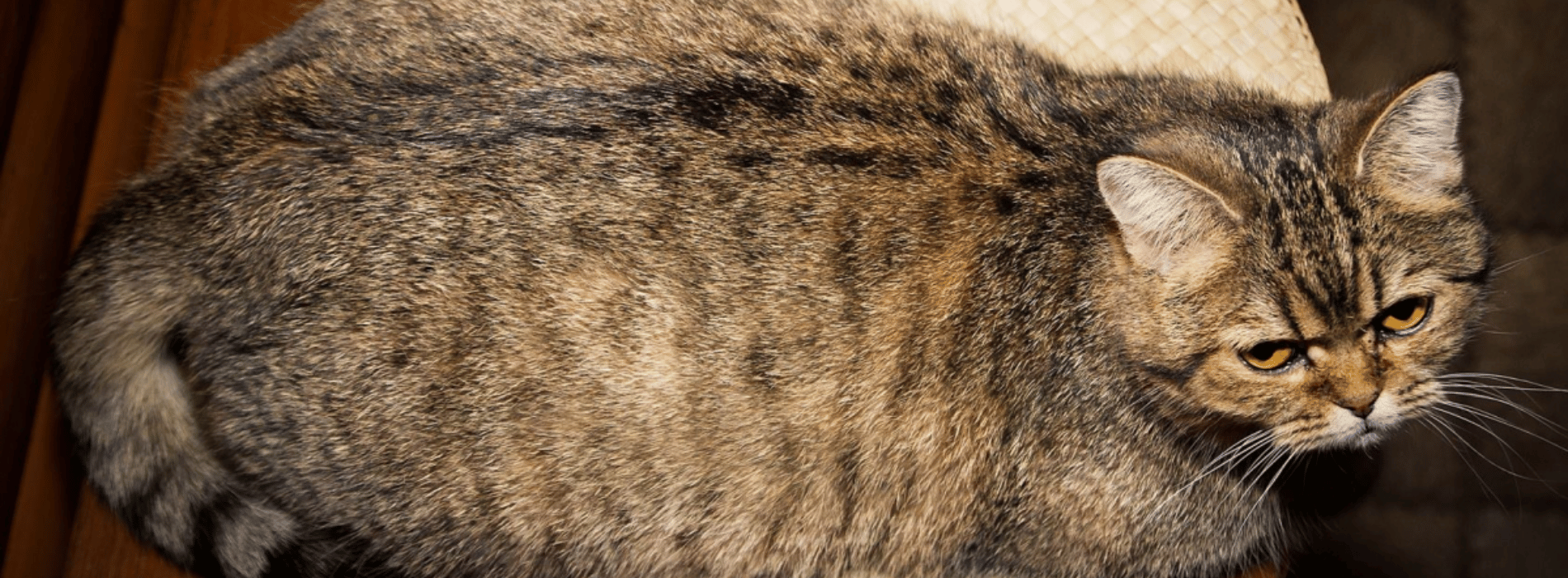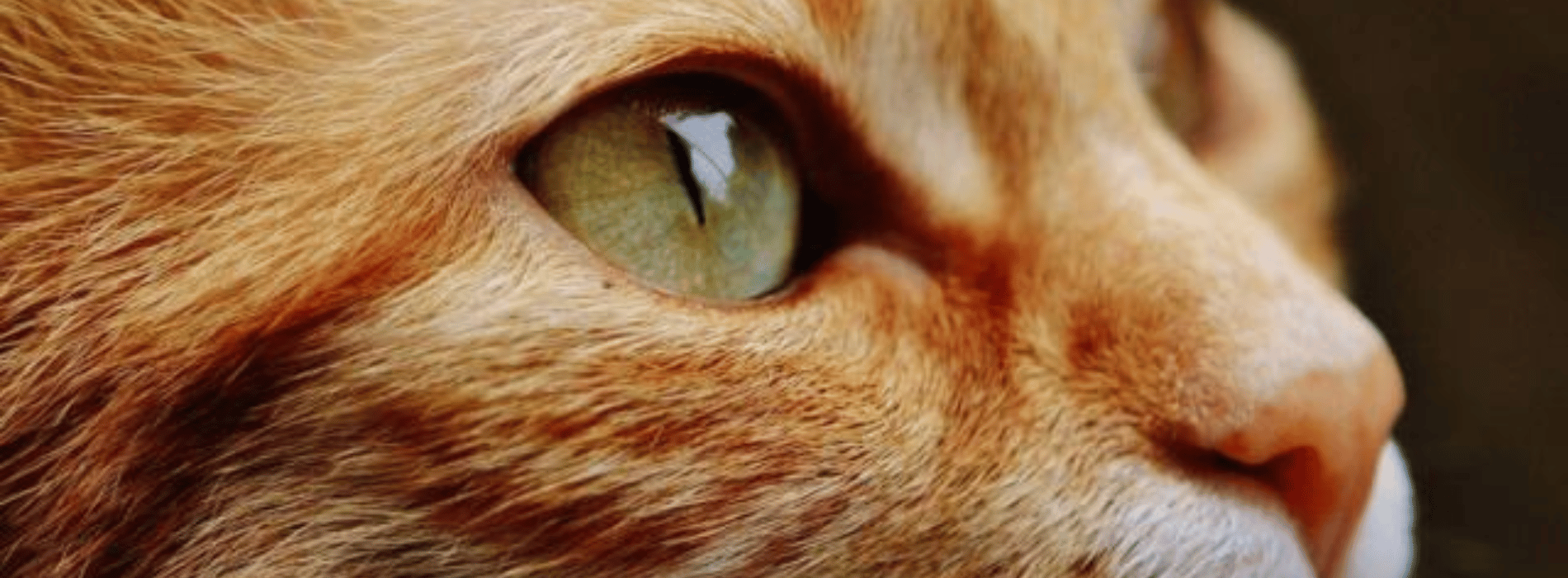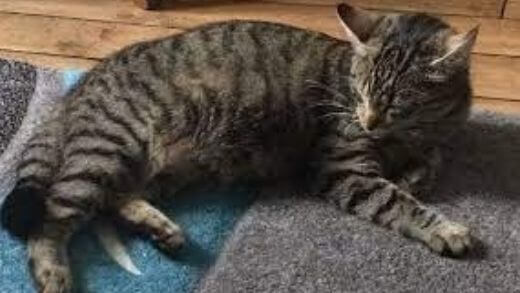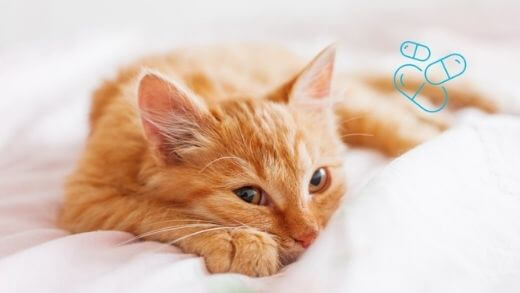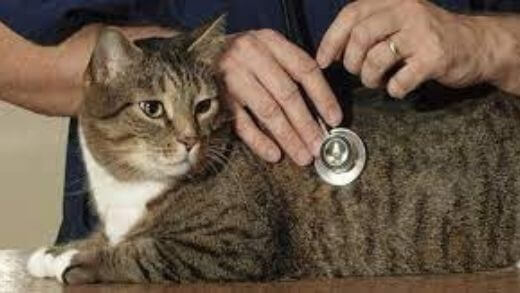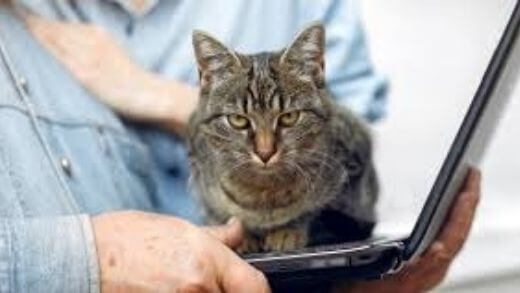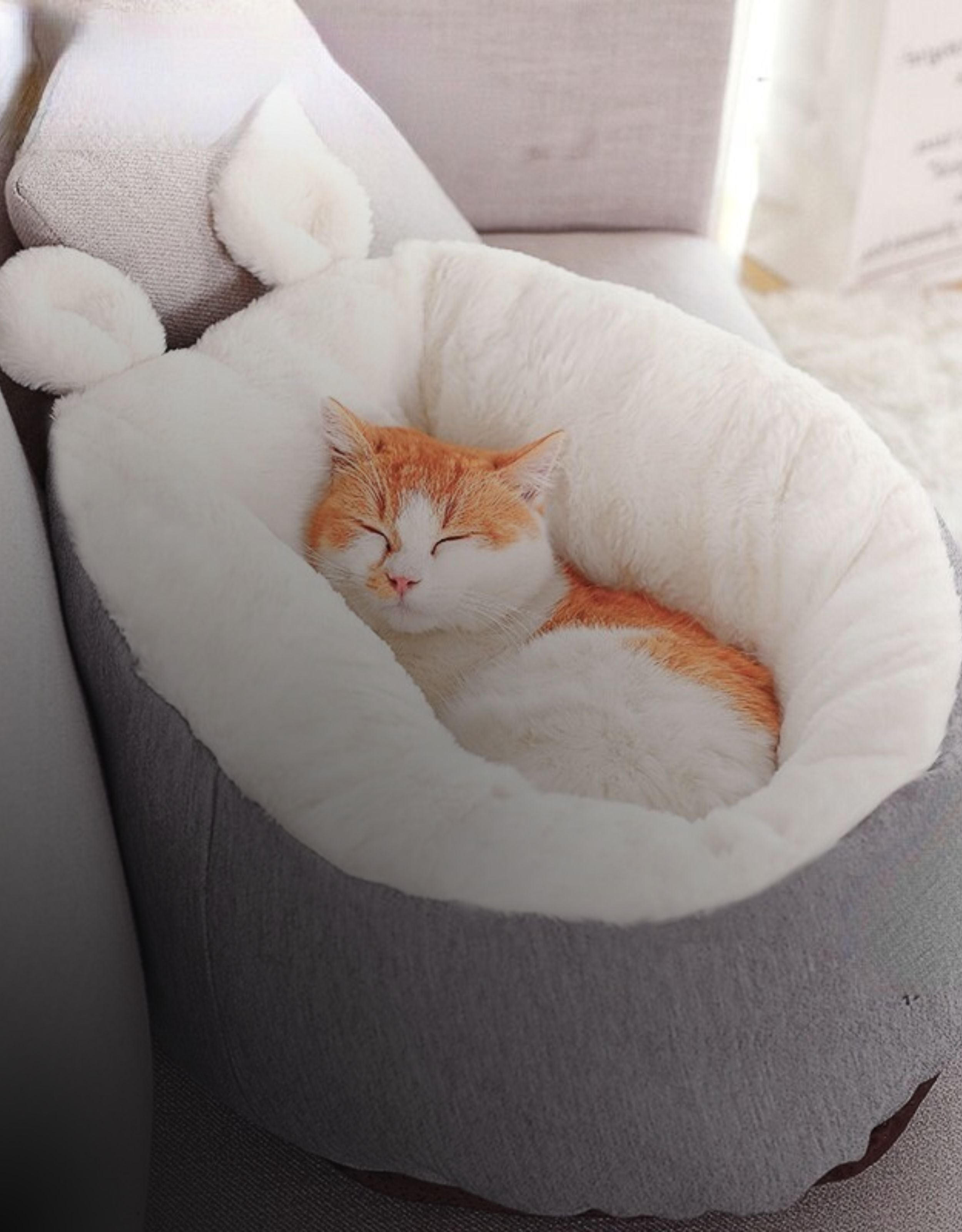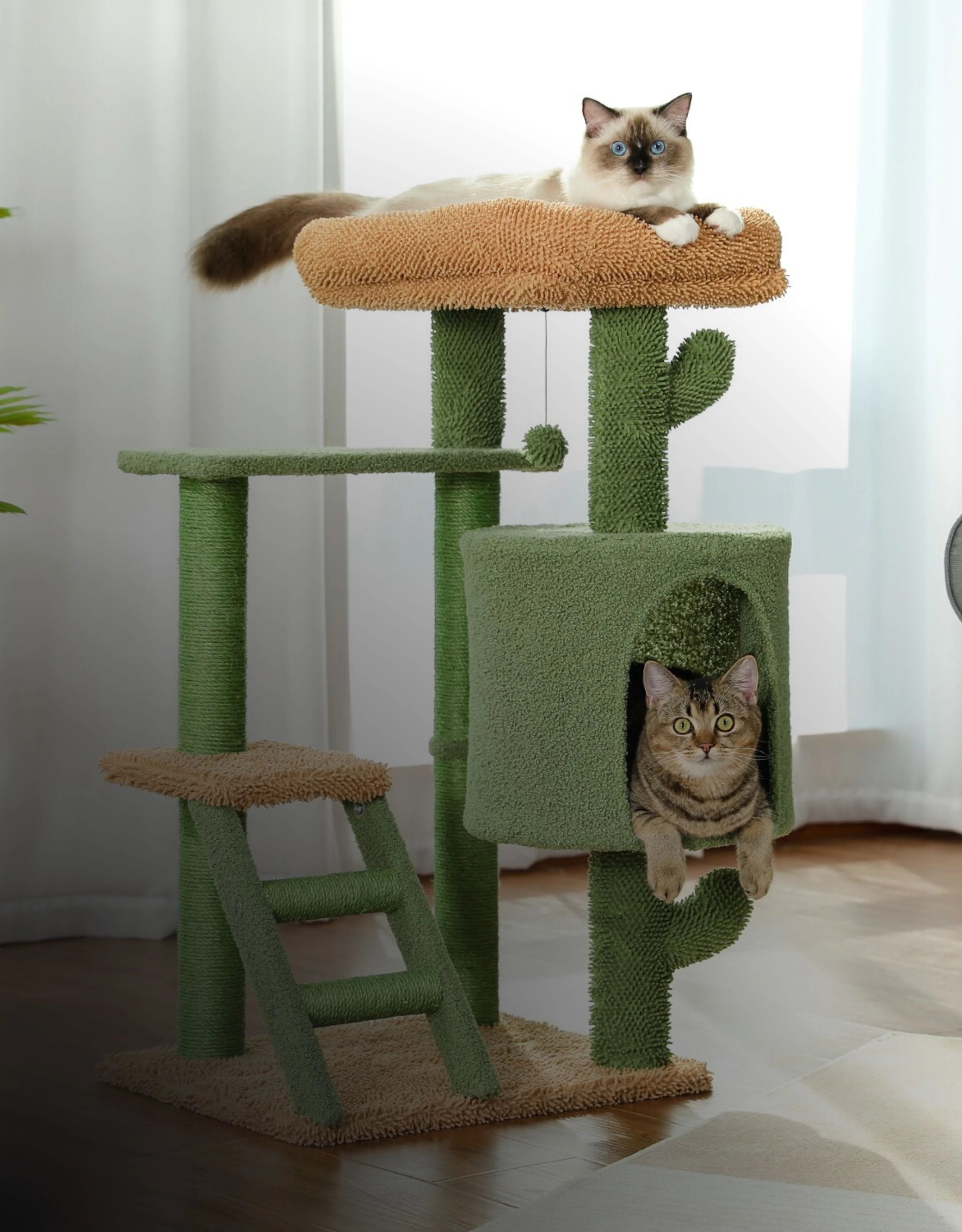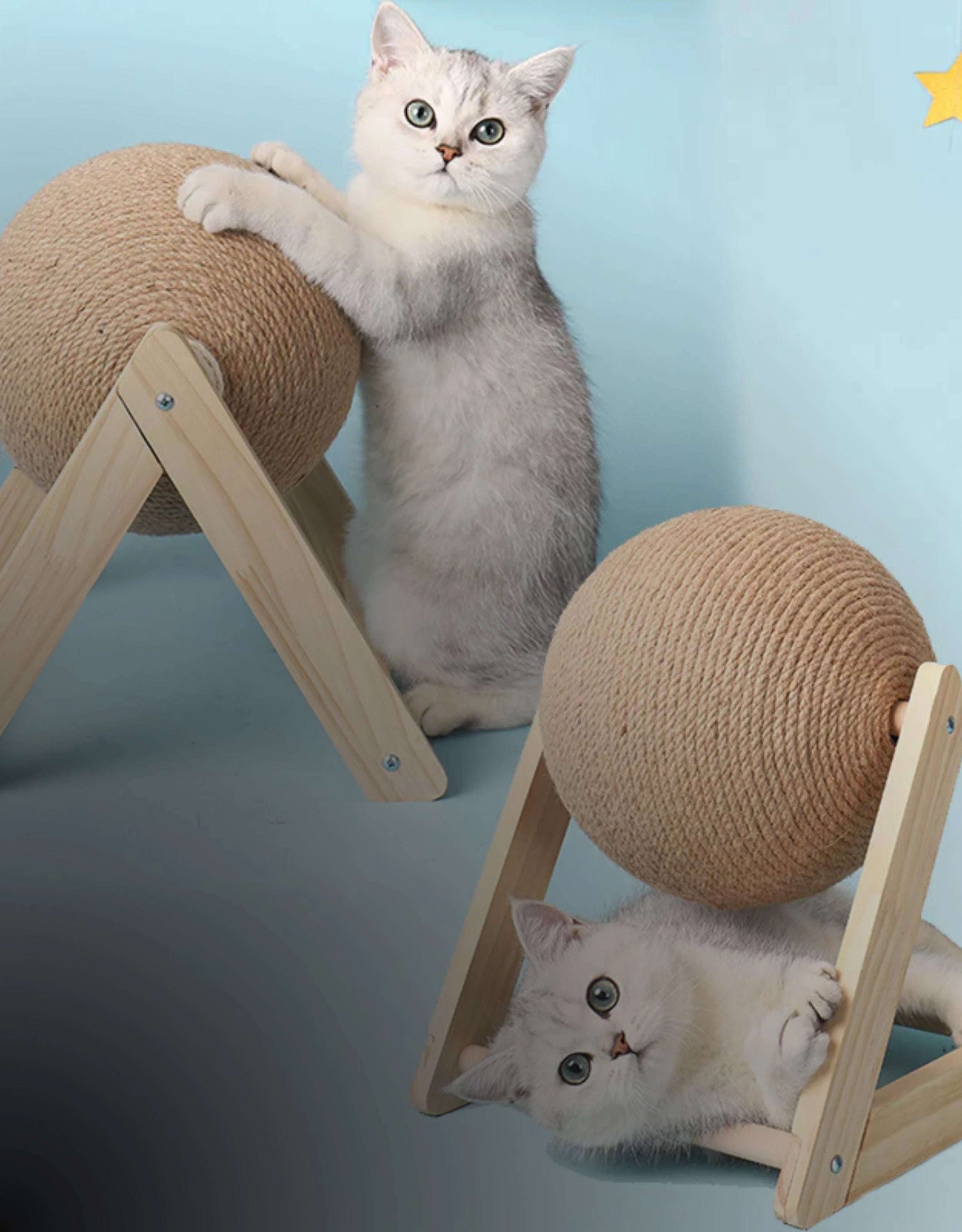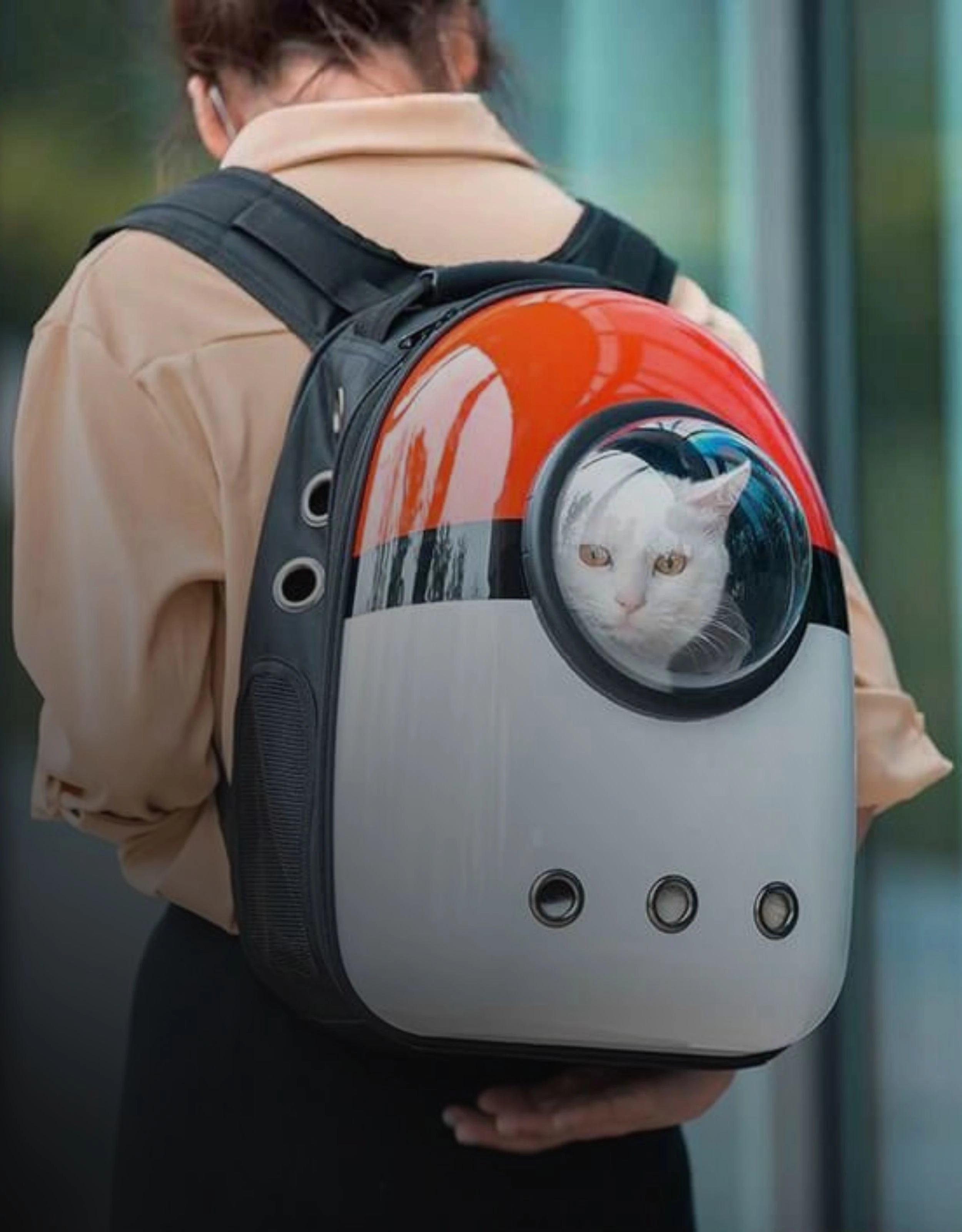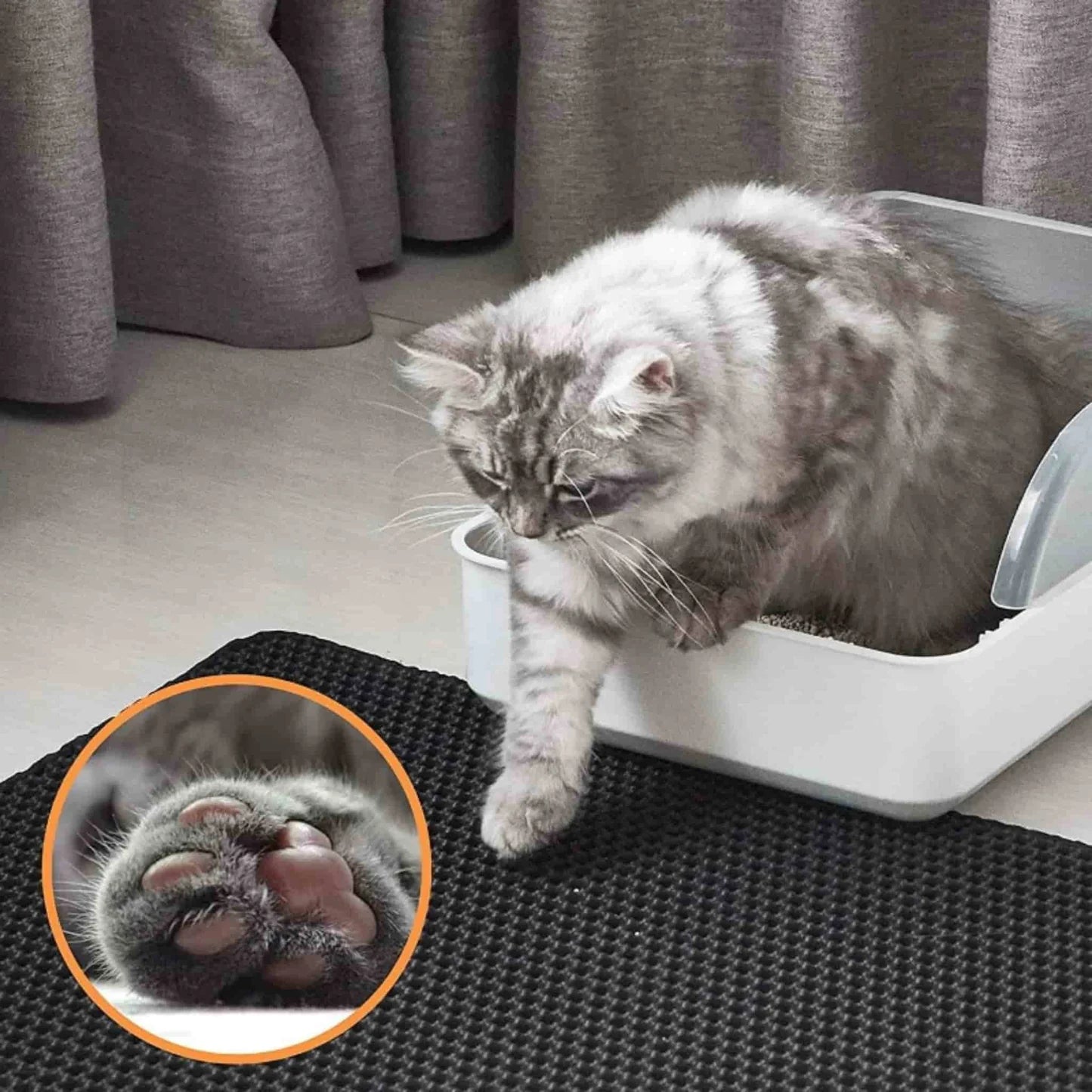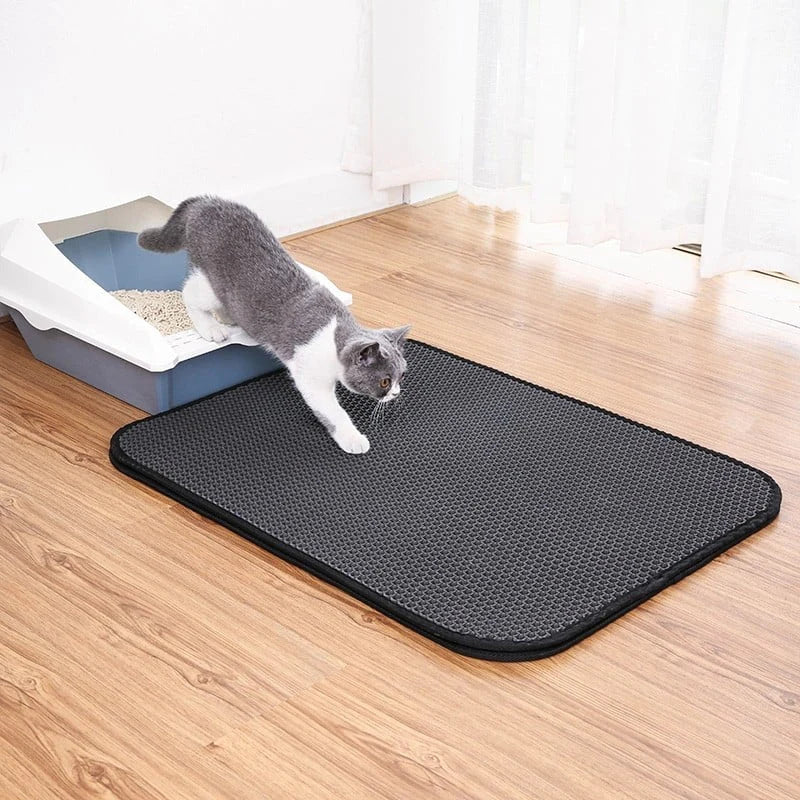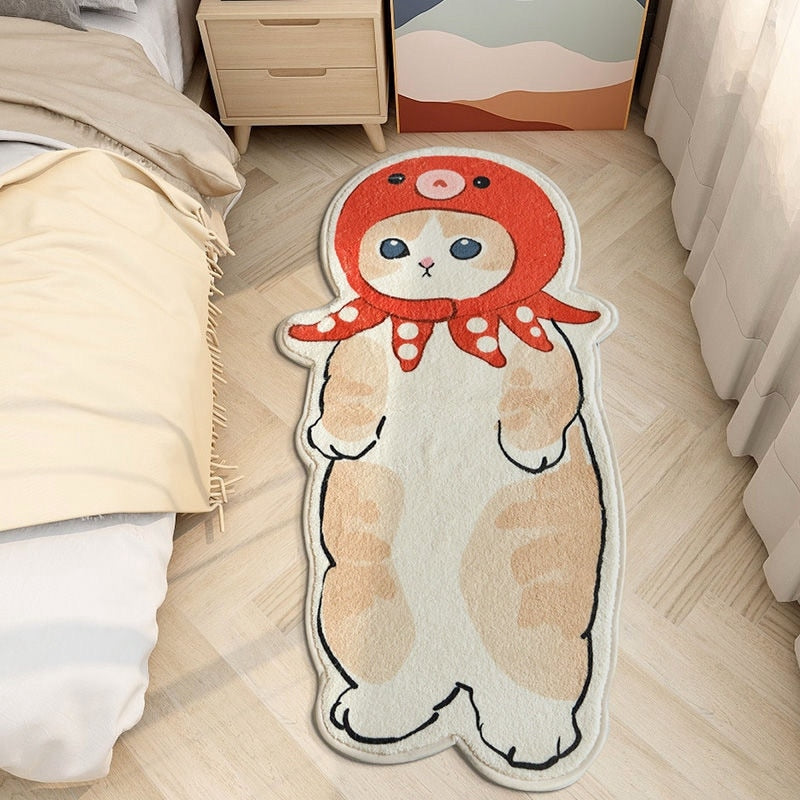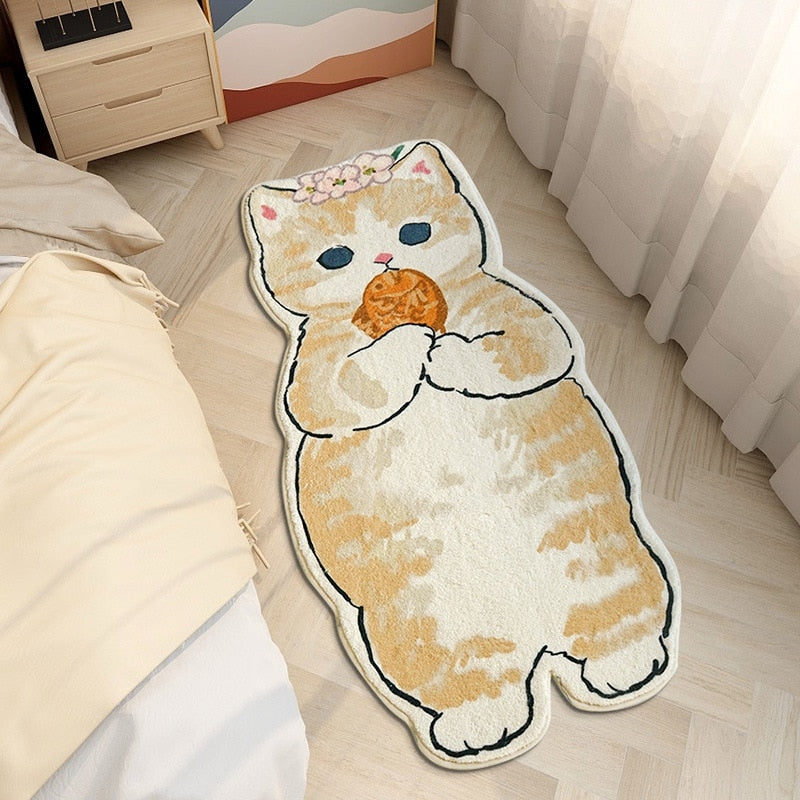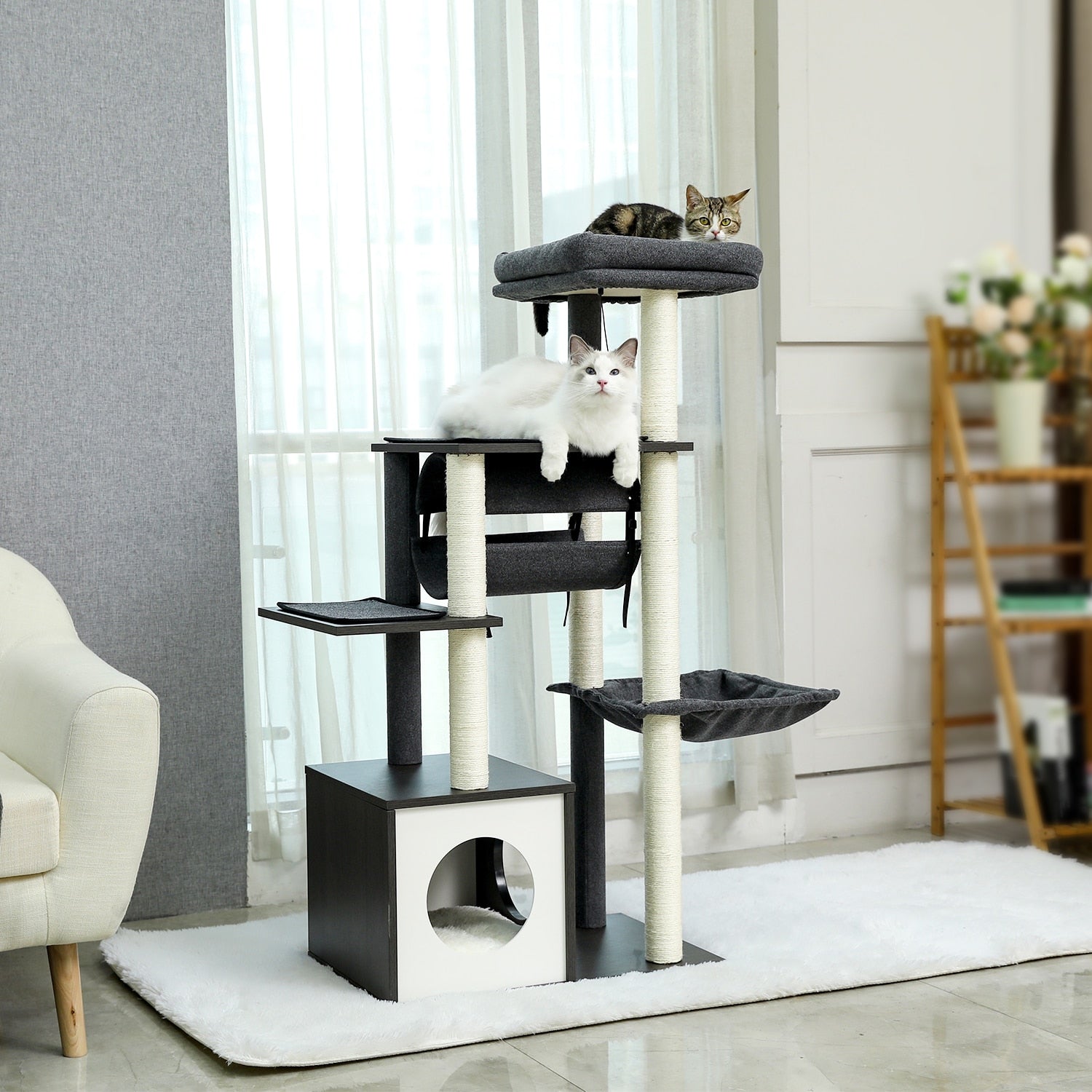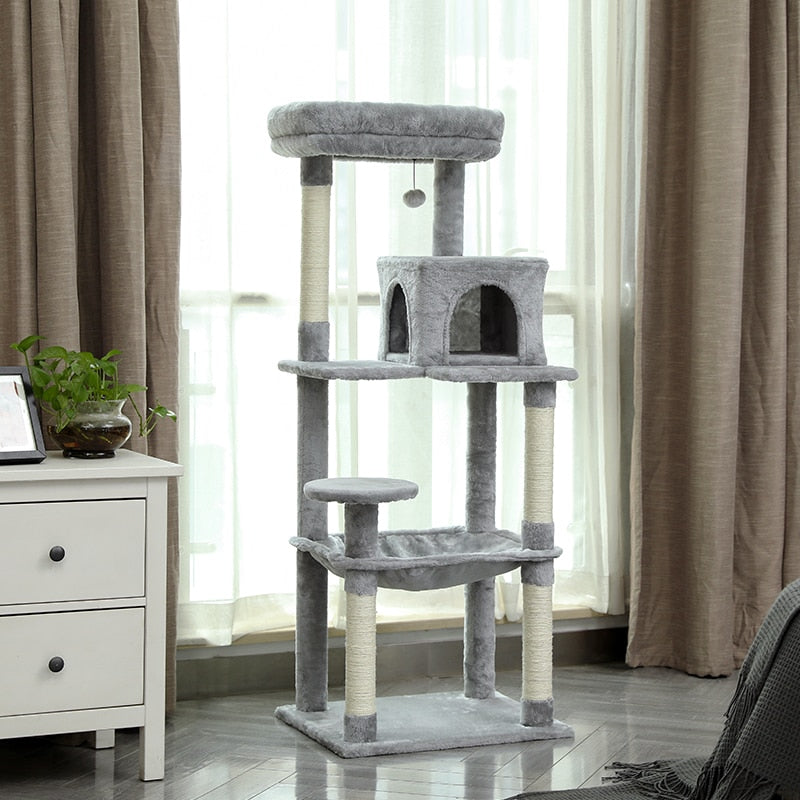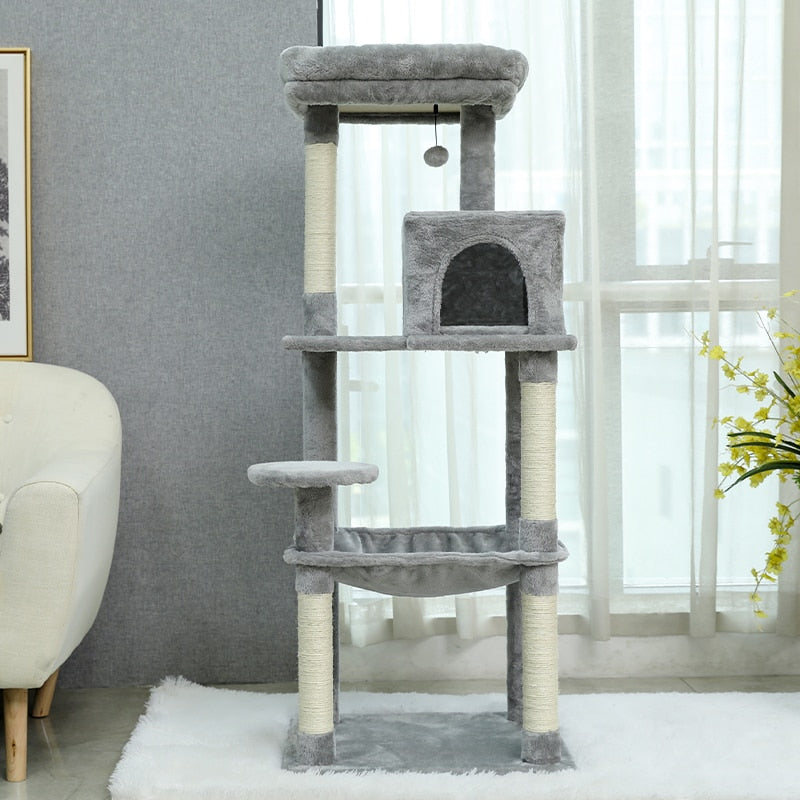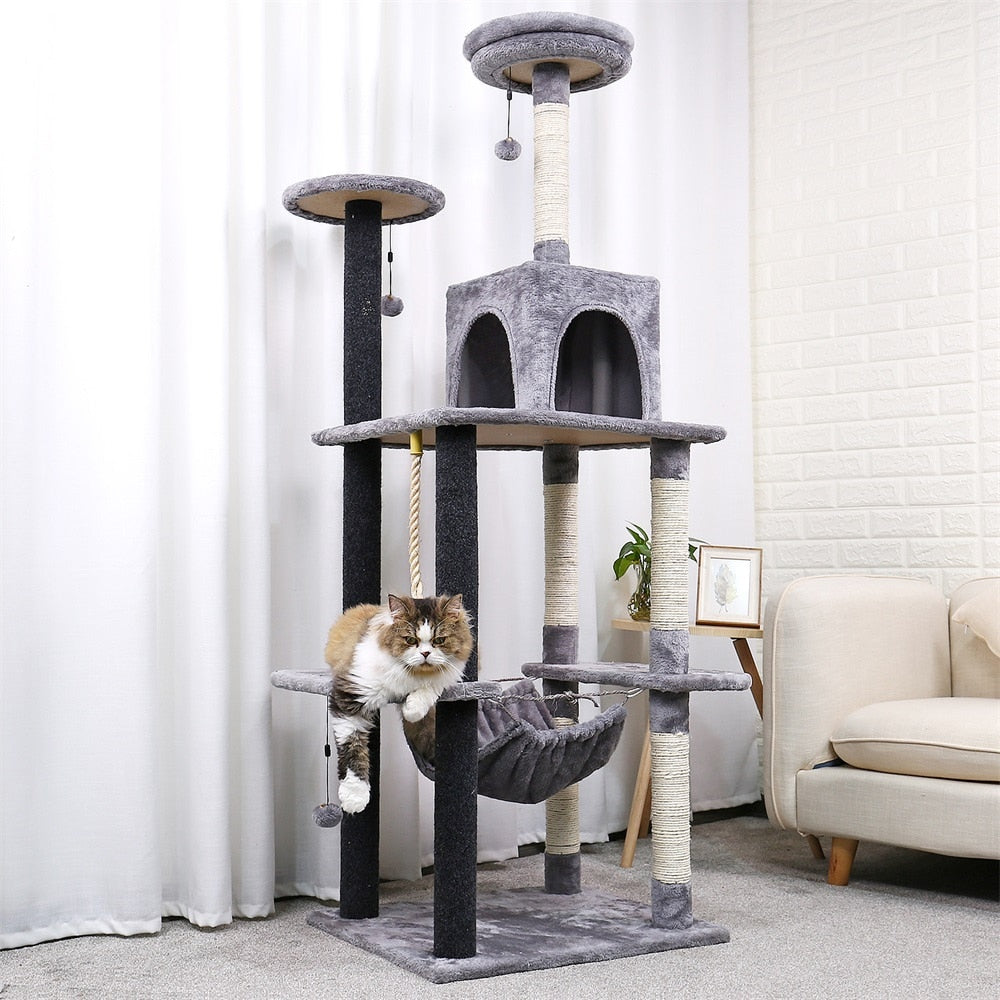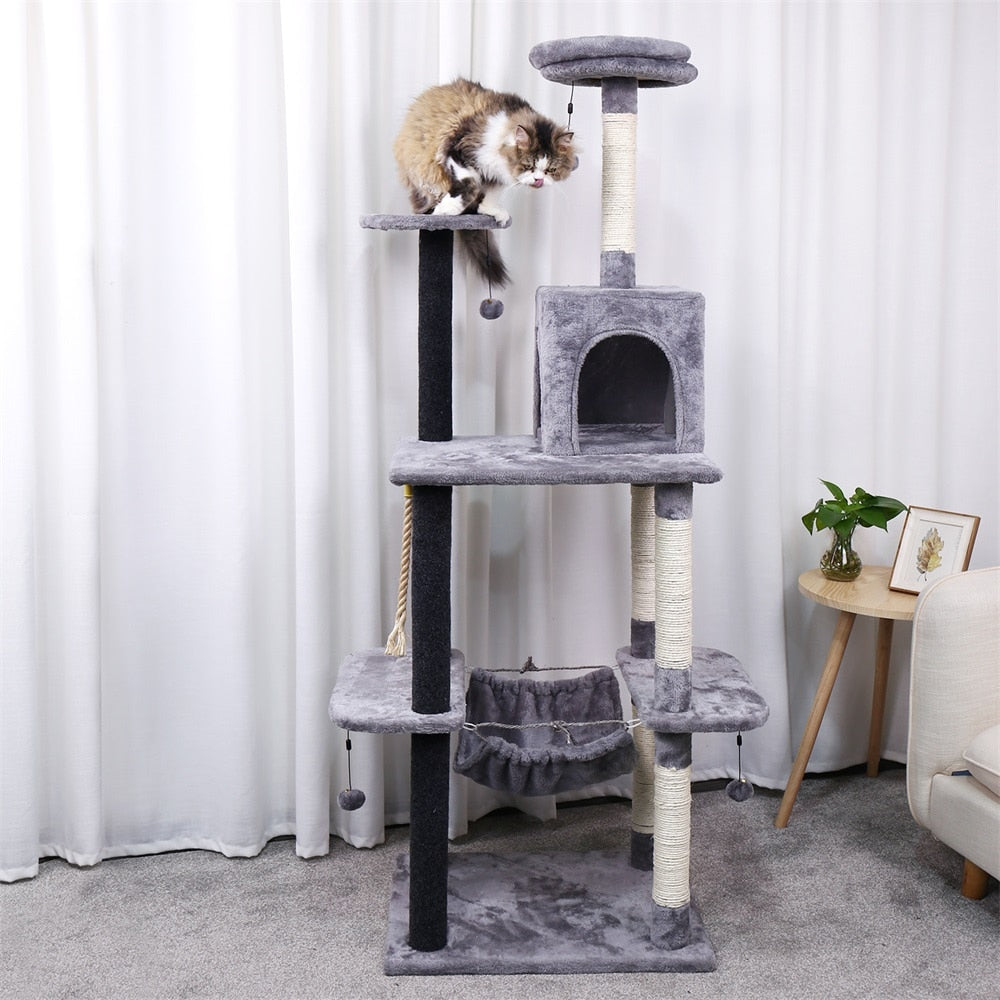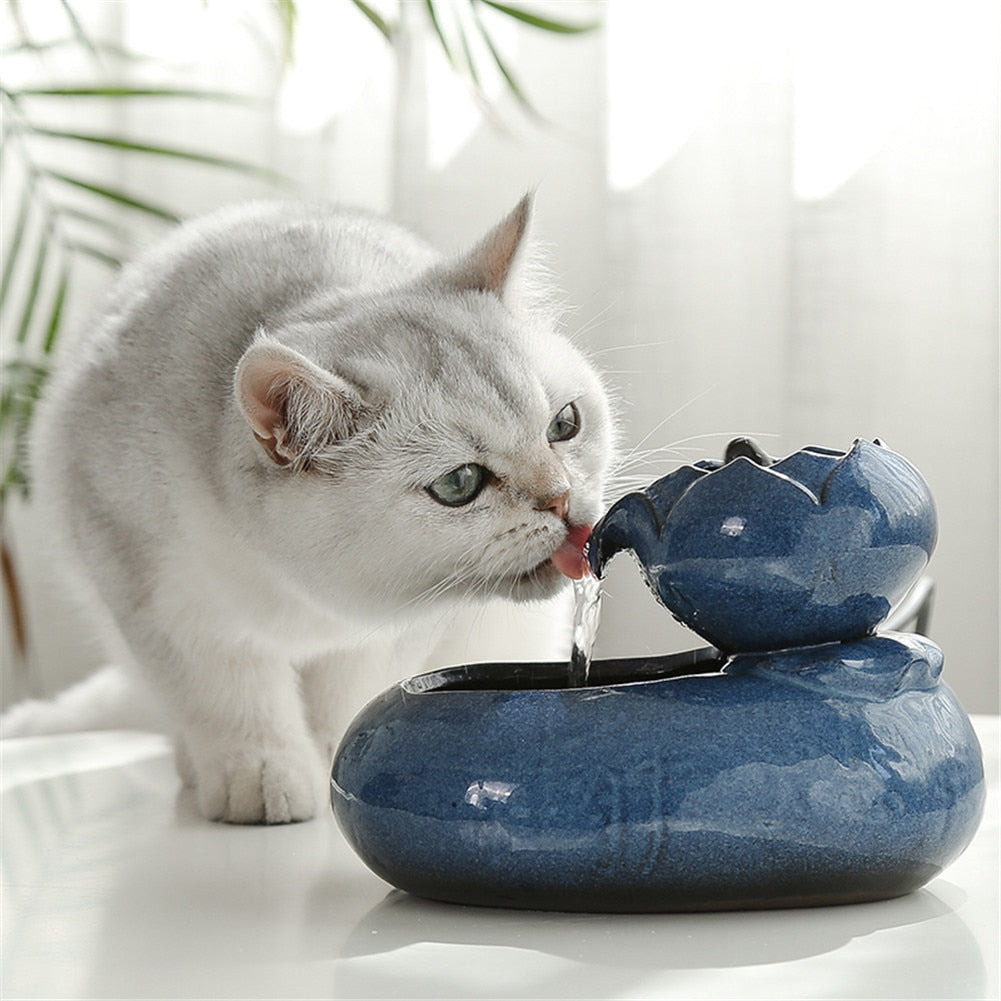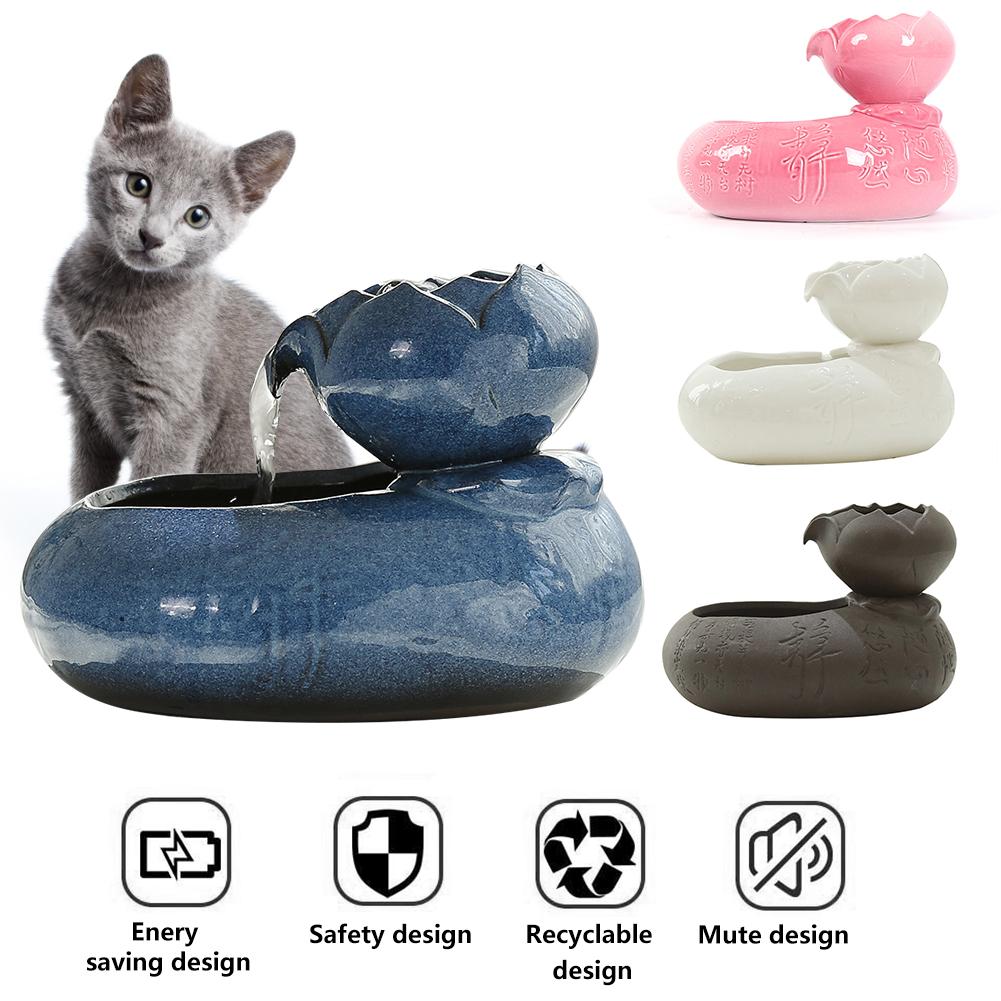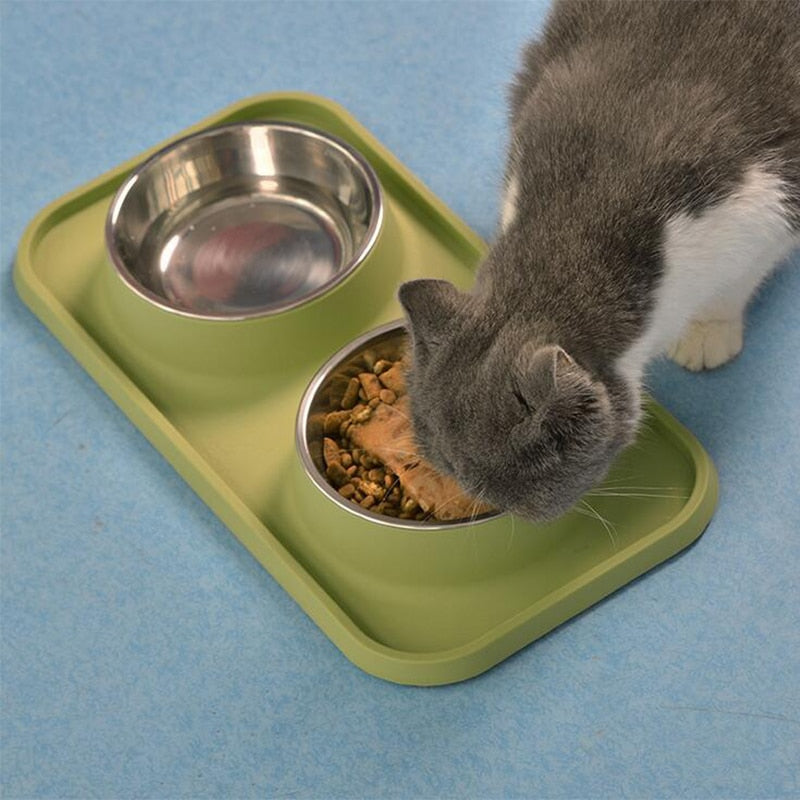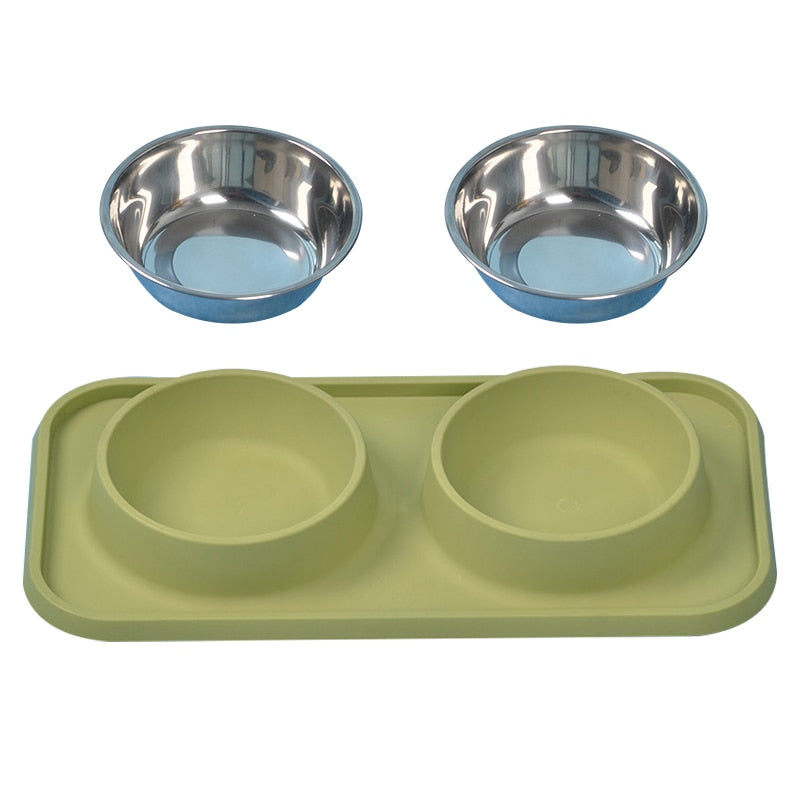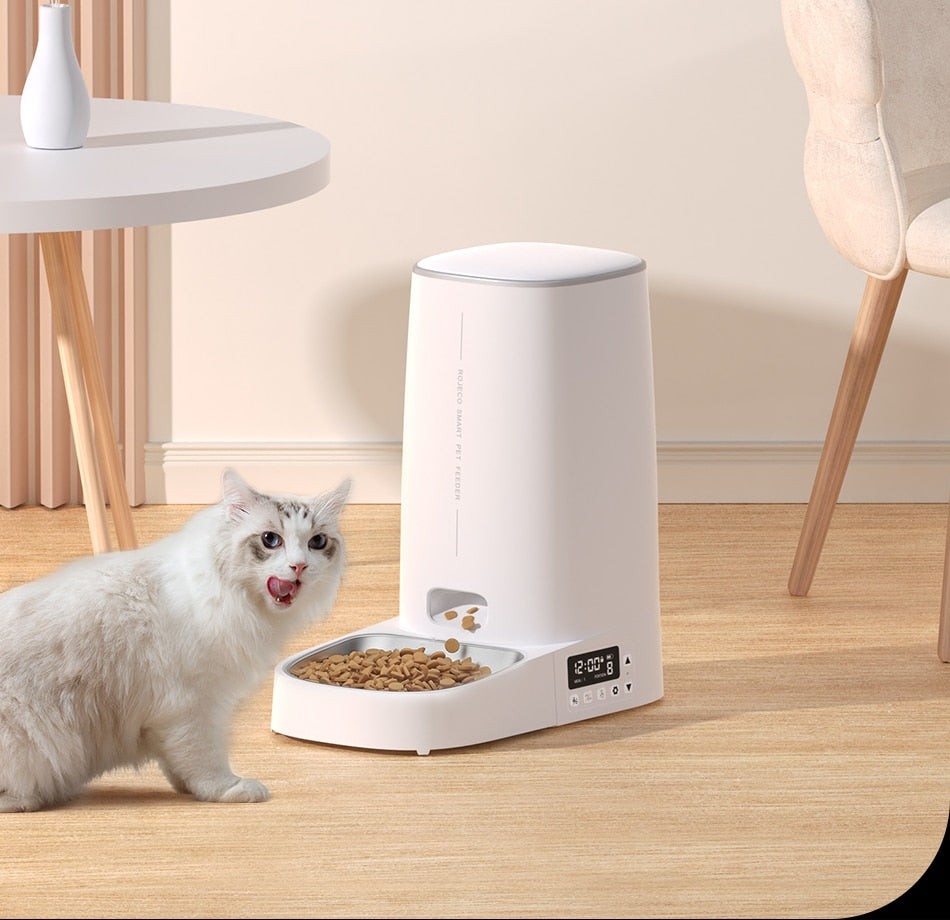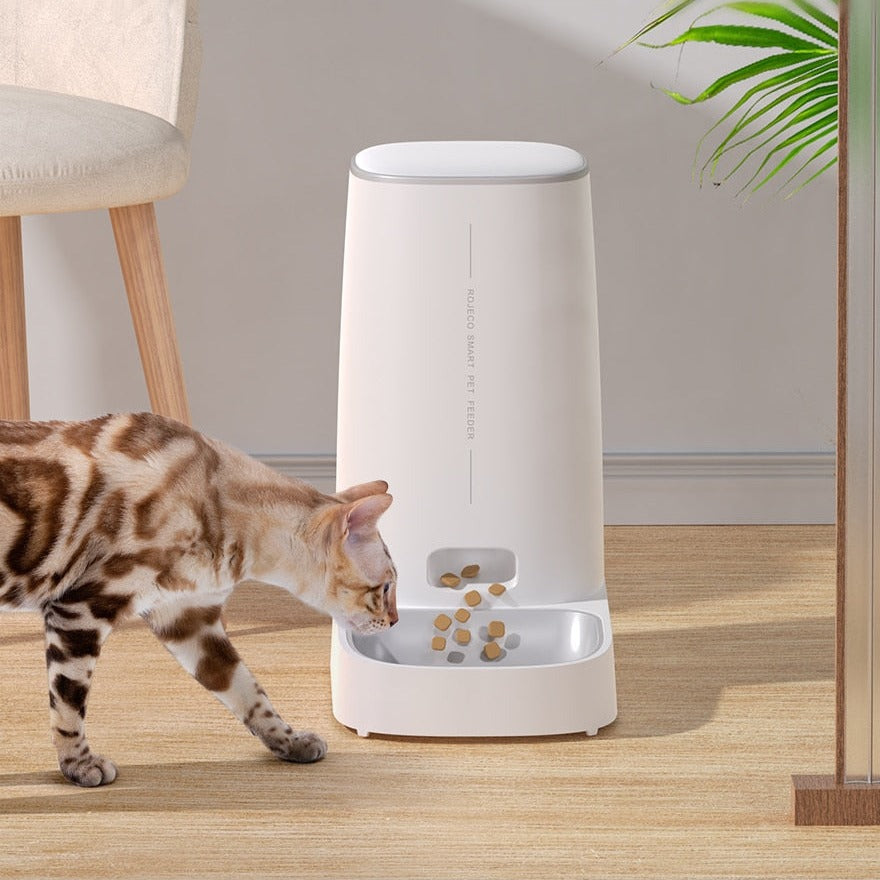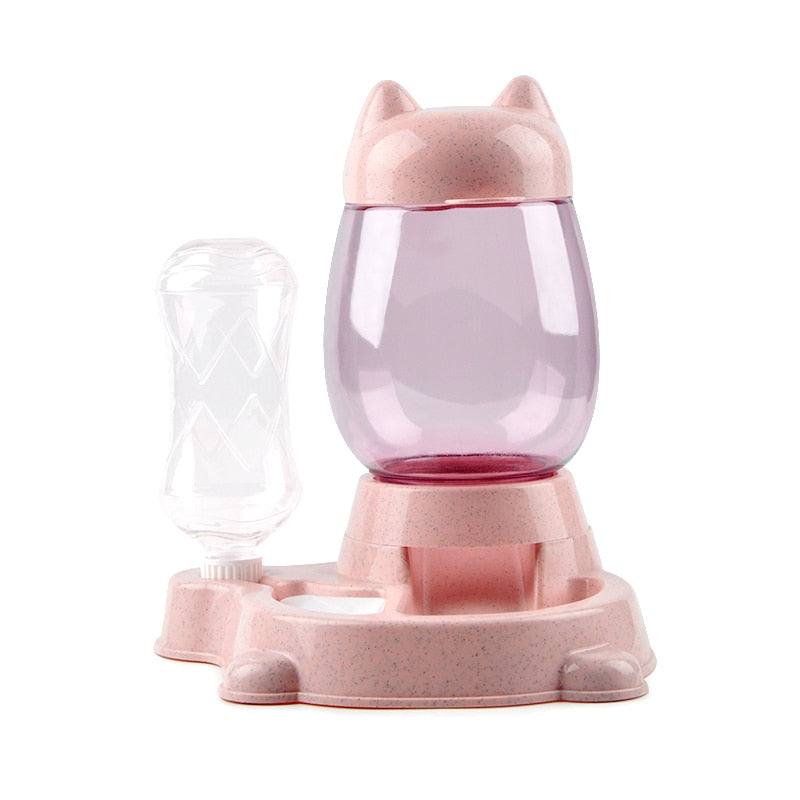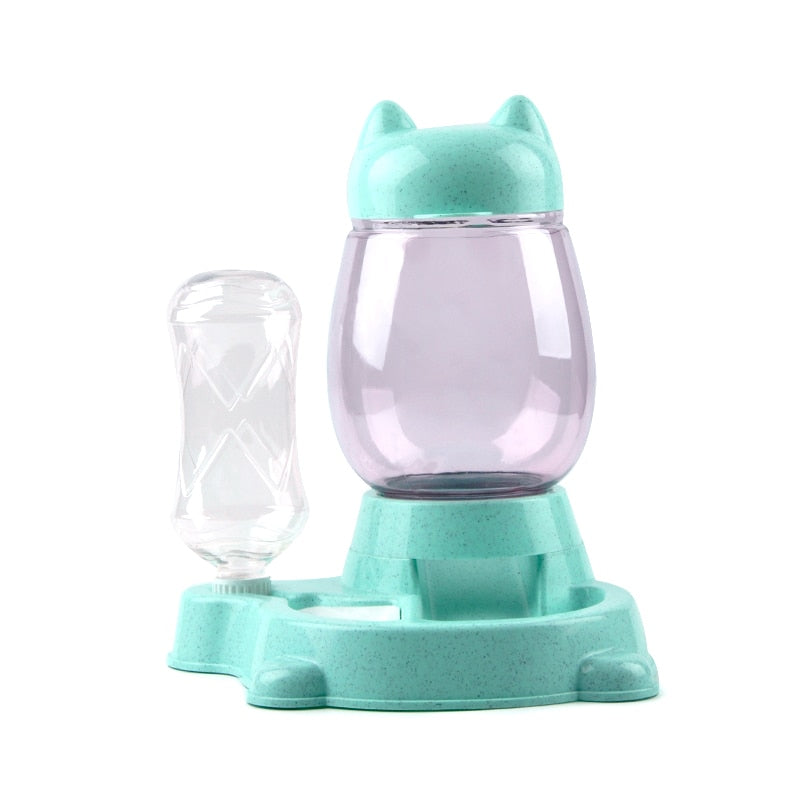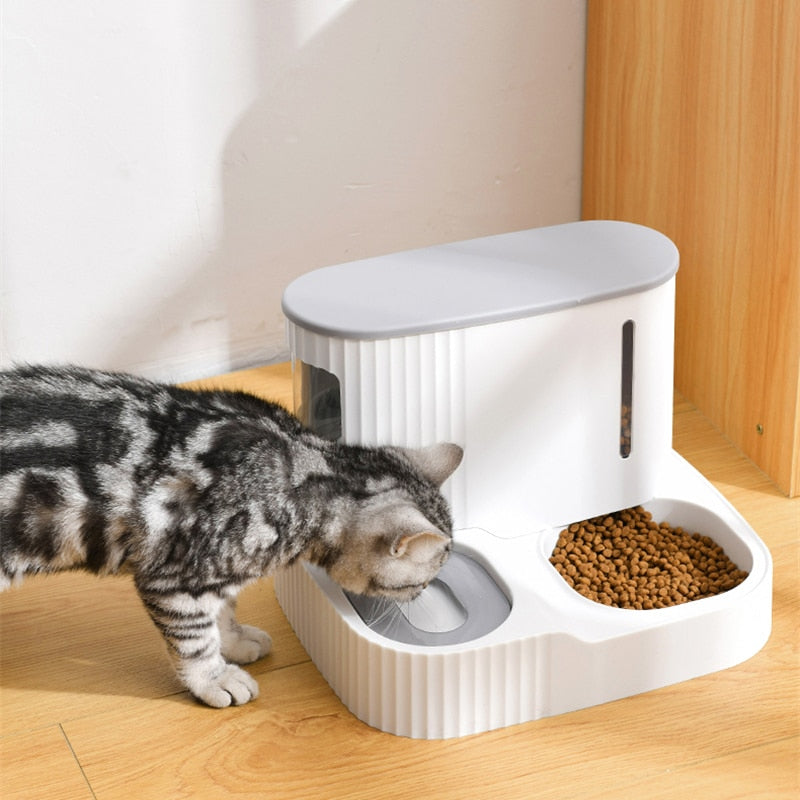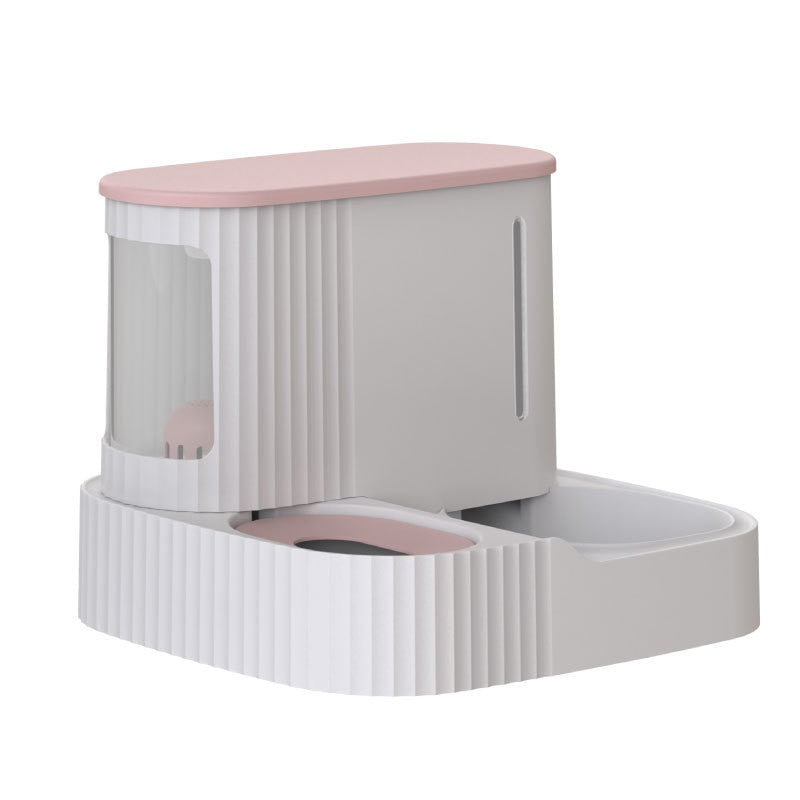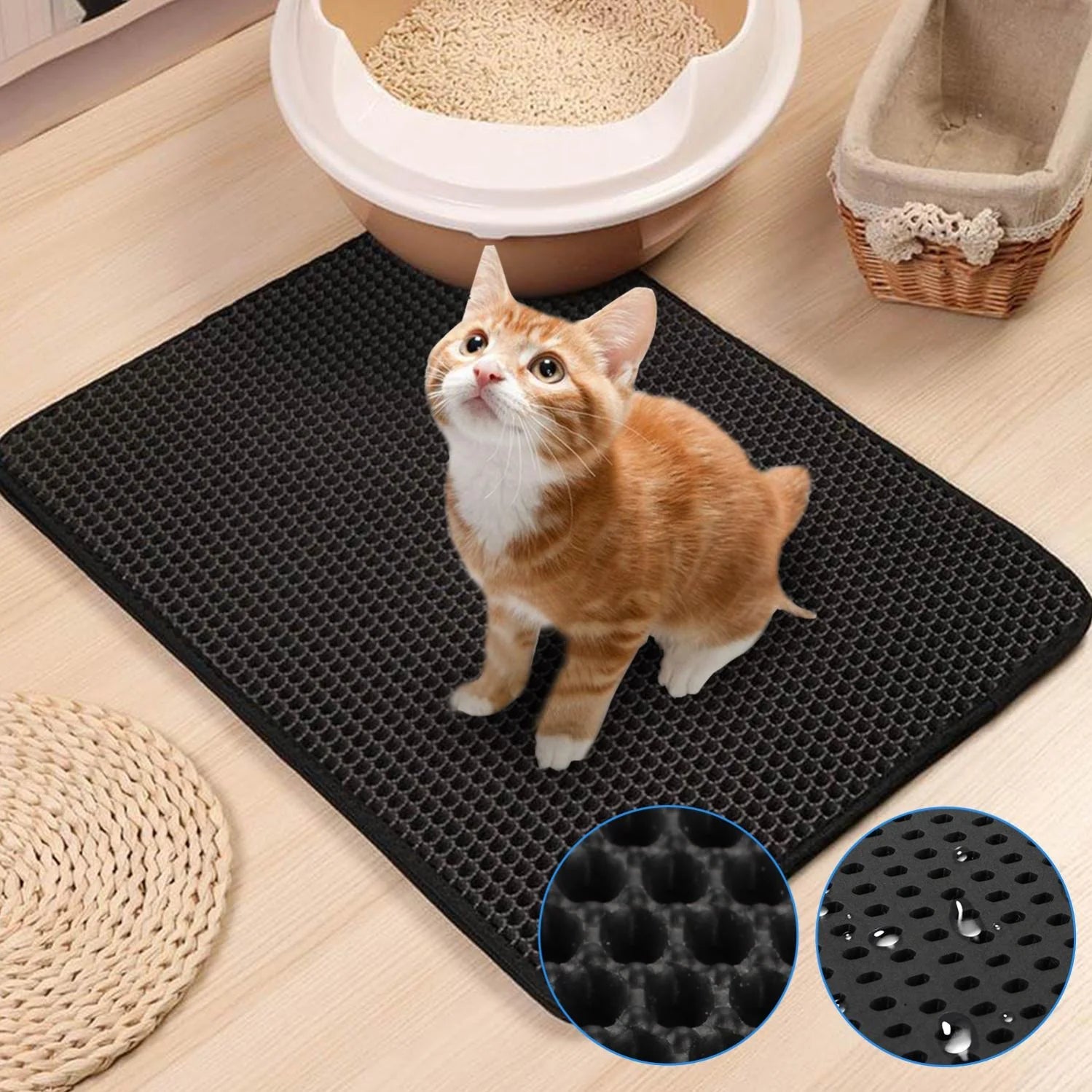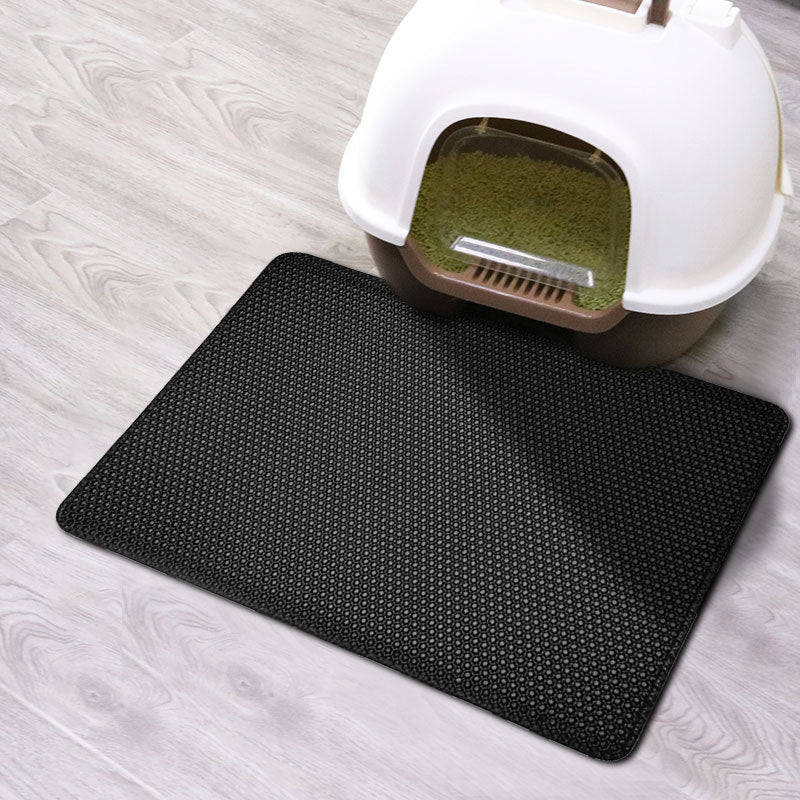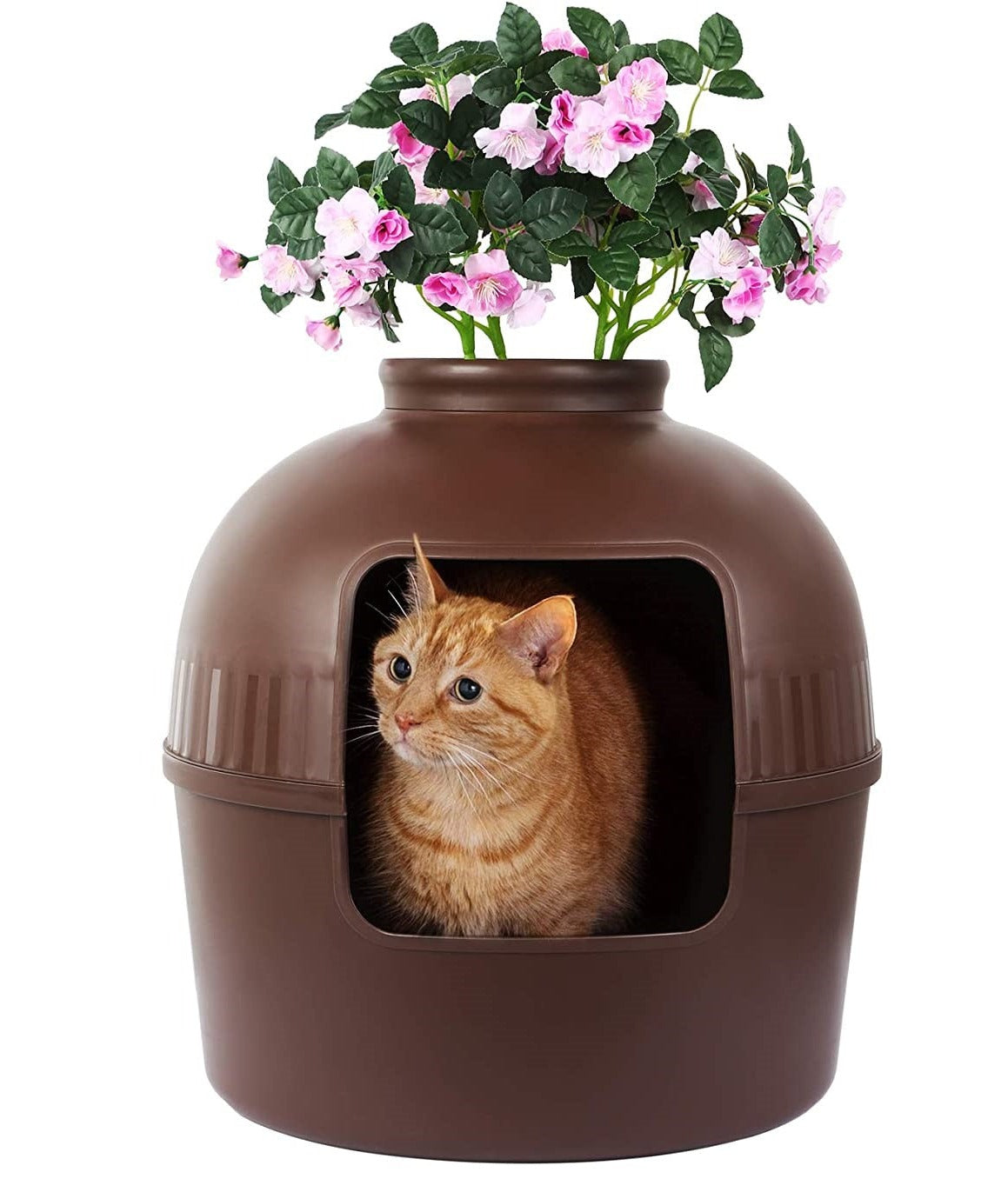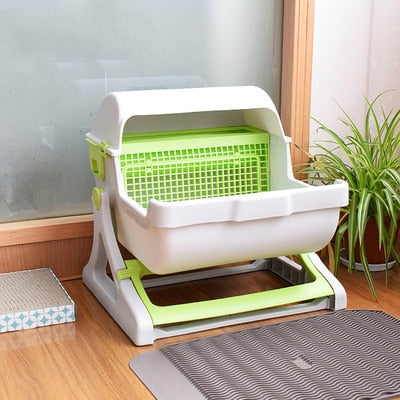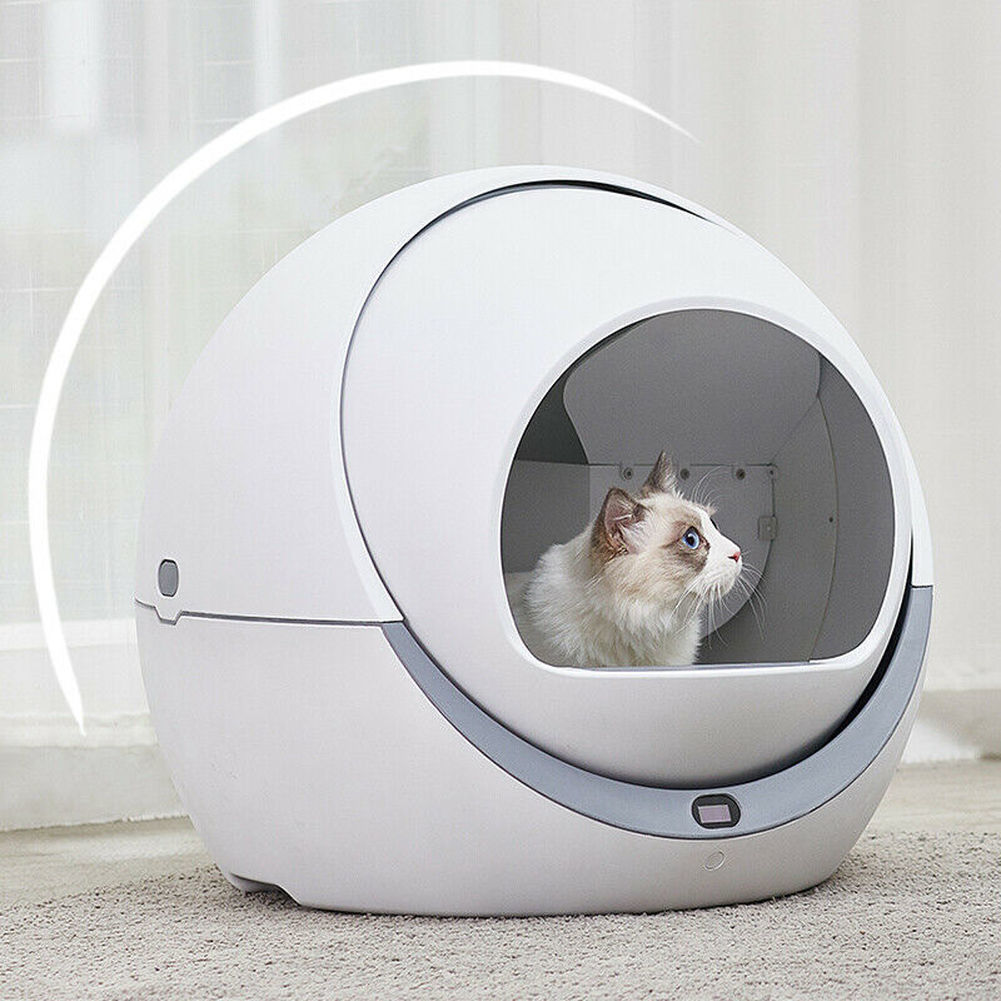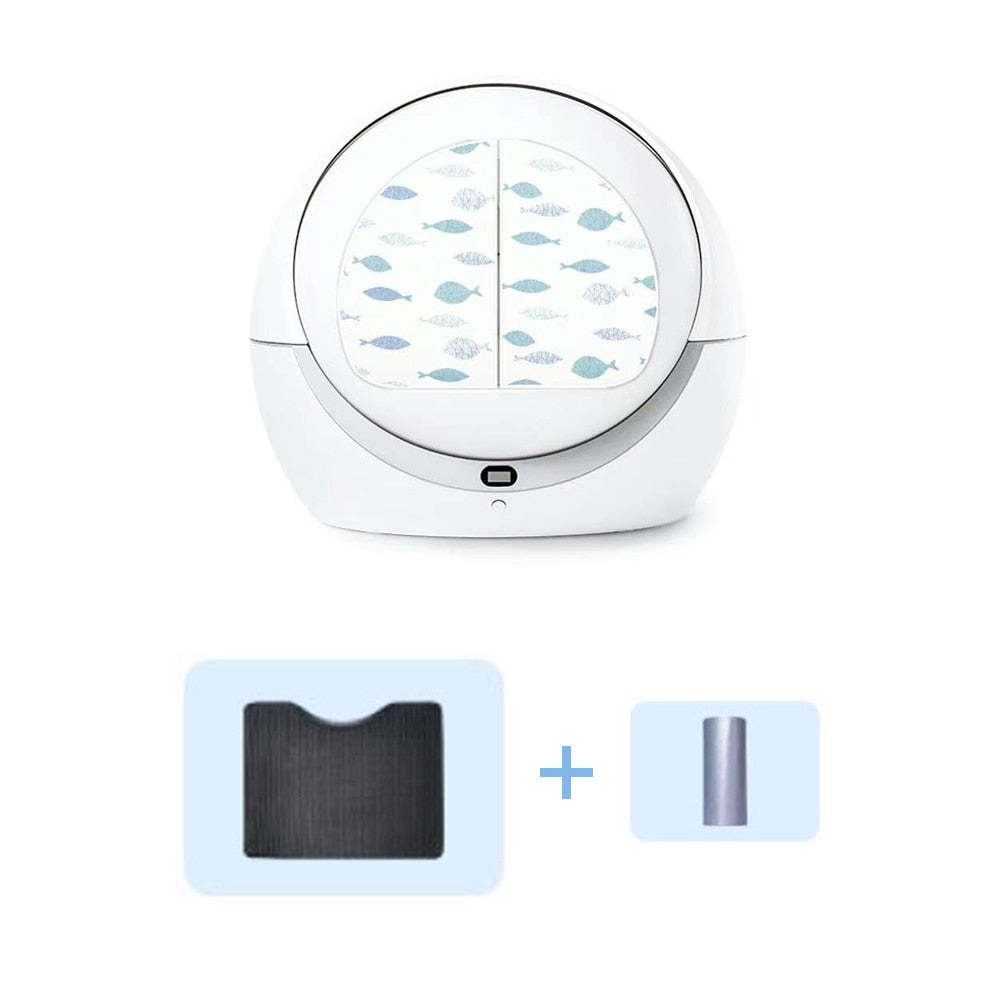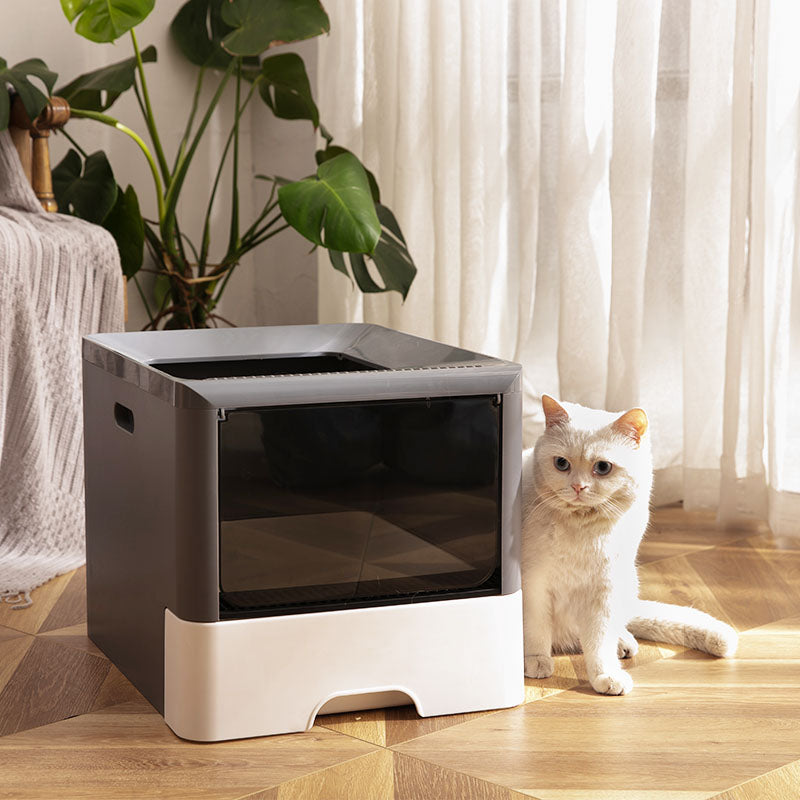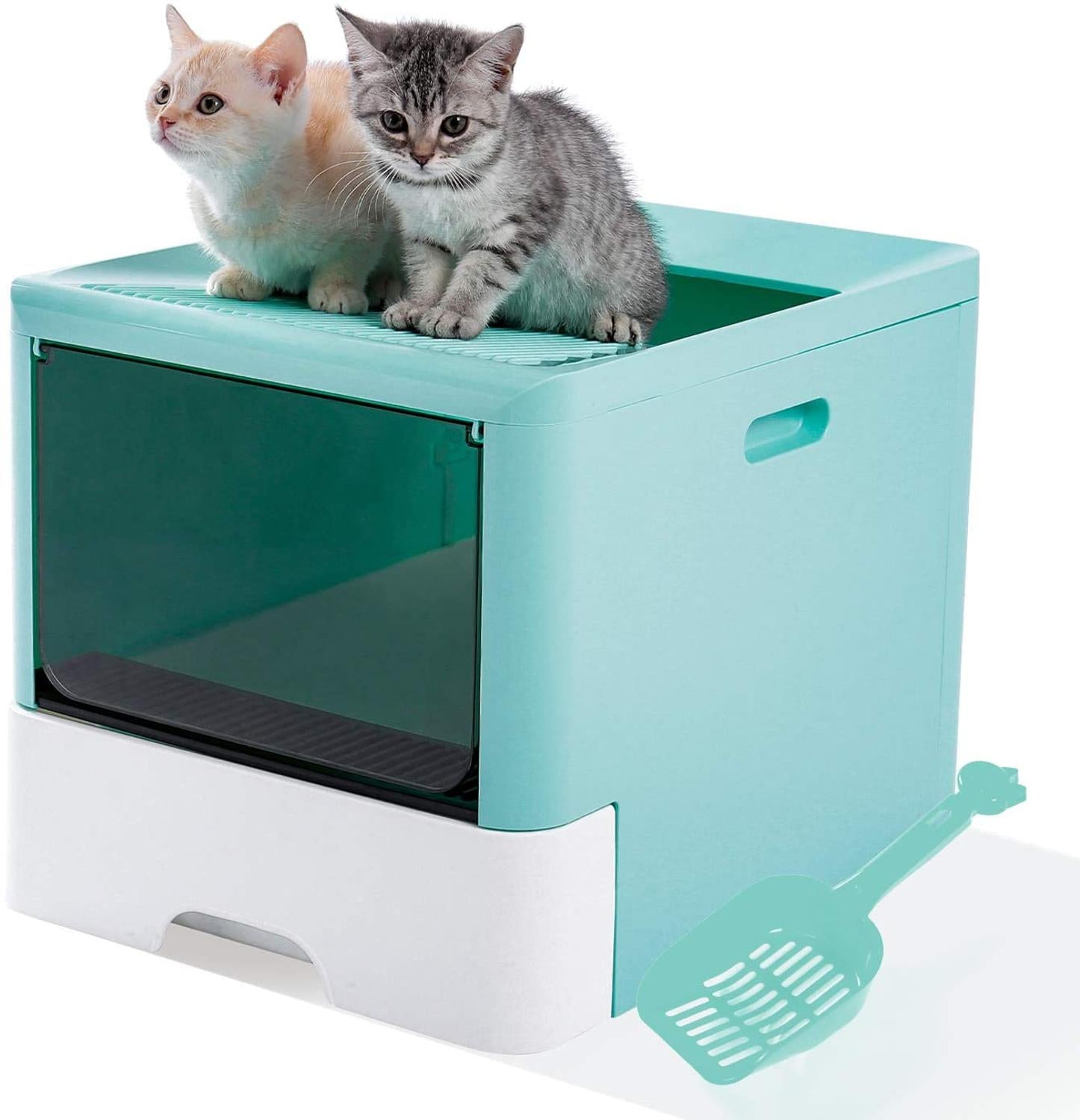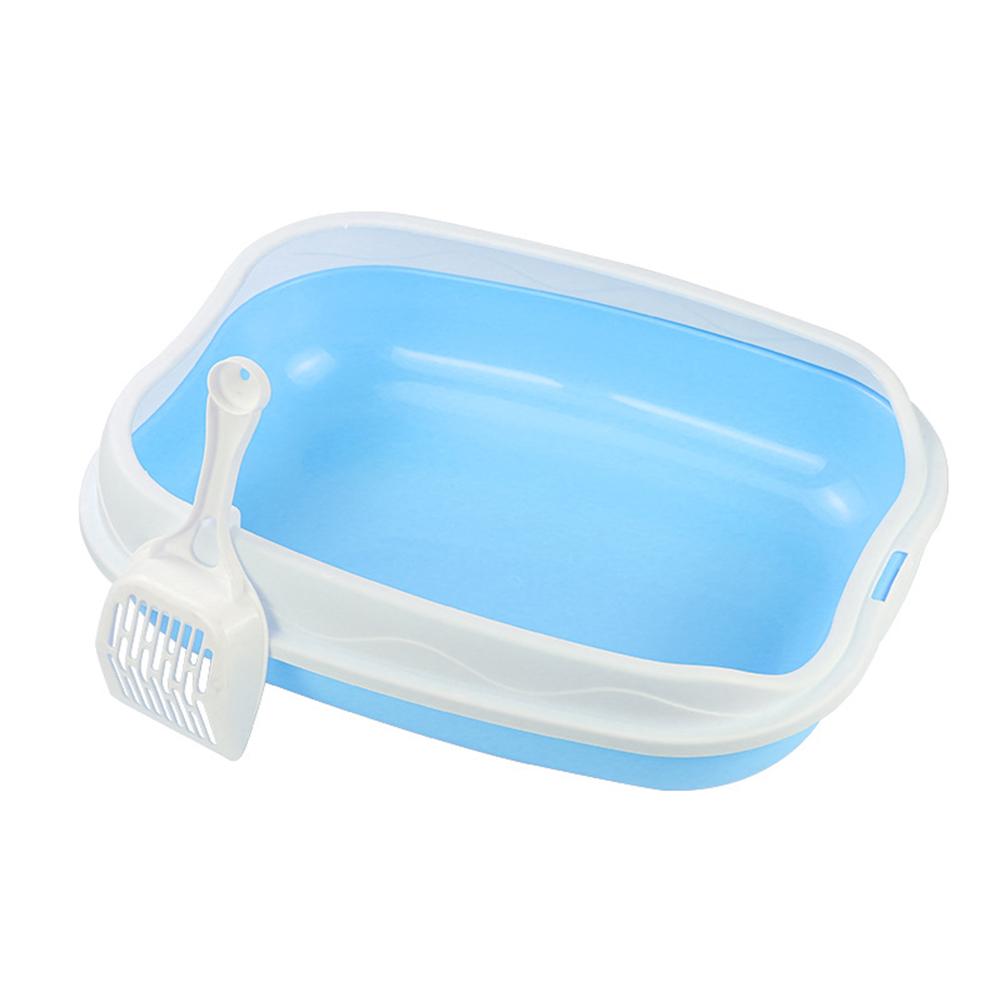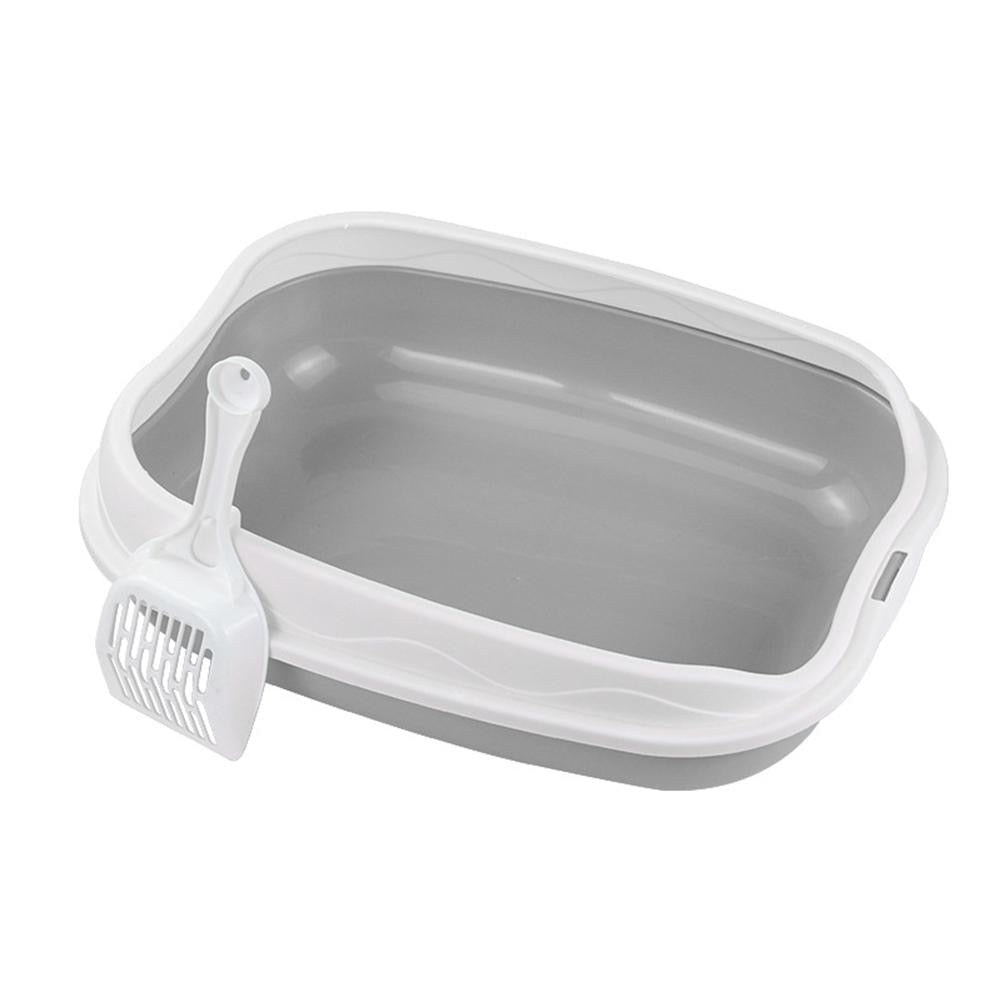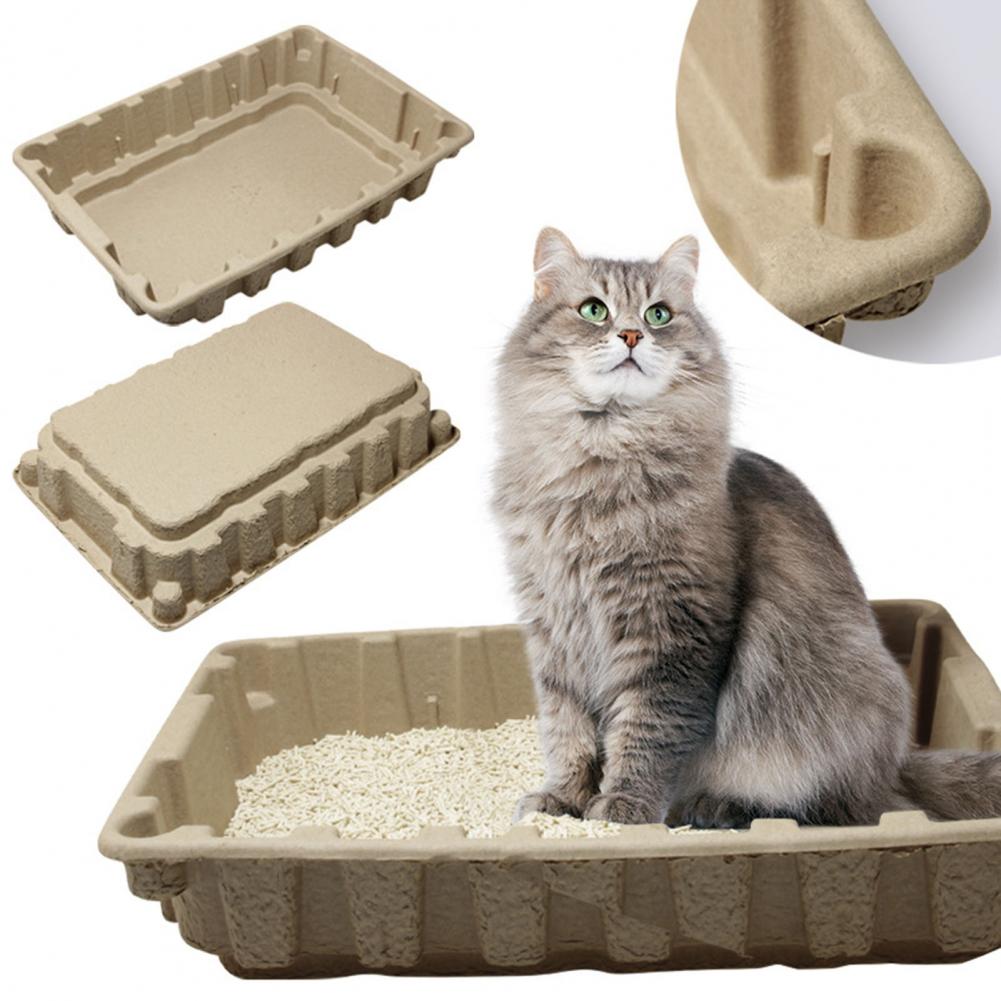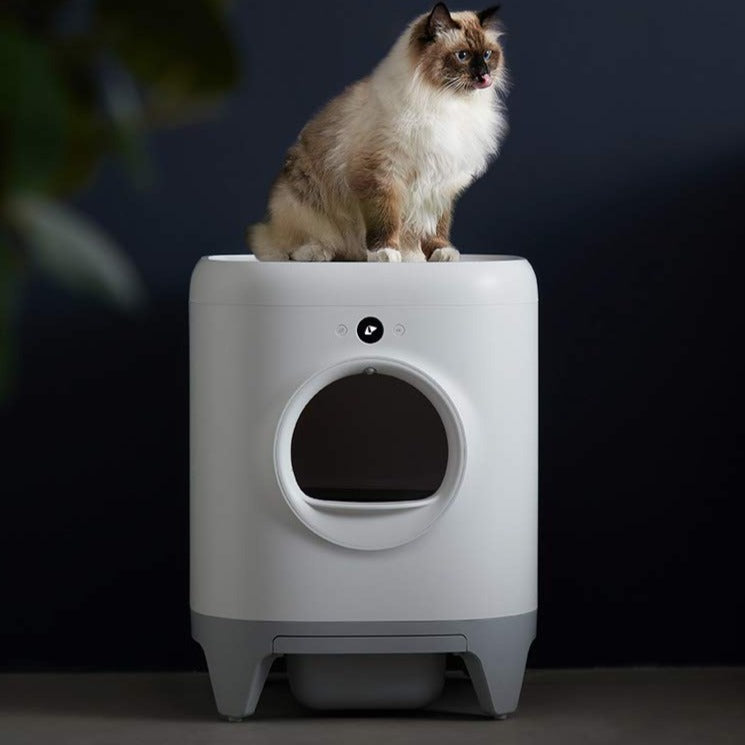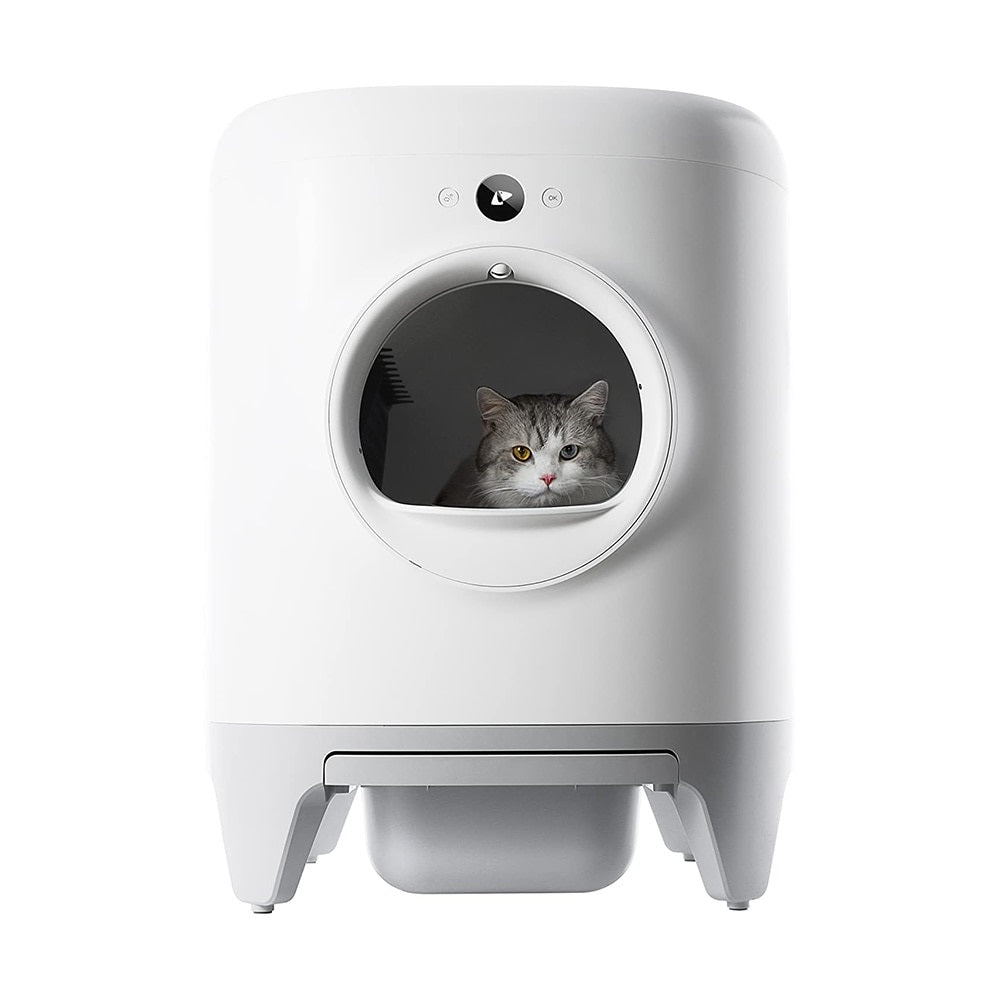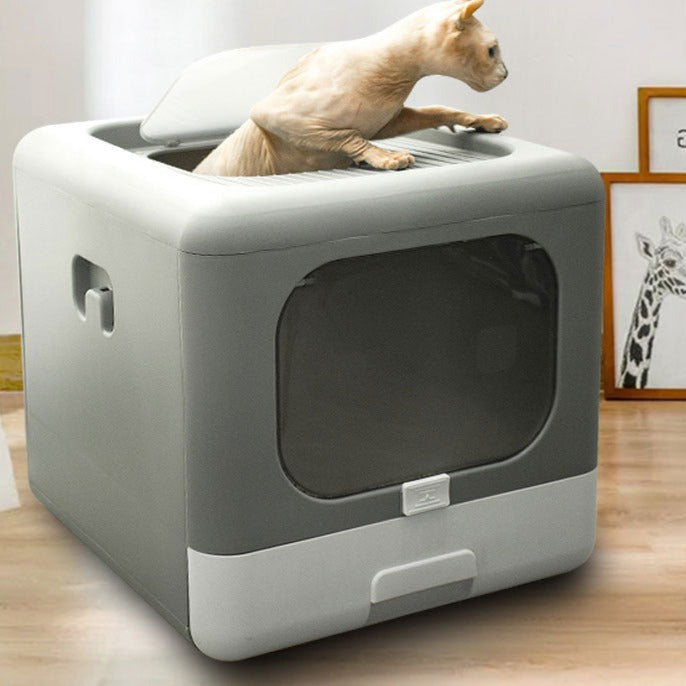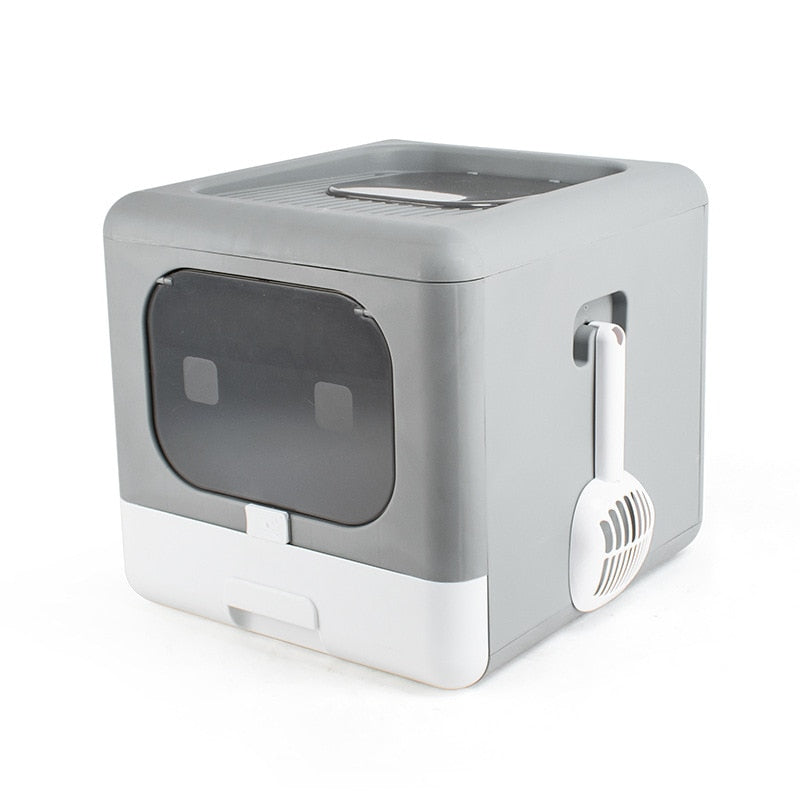Taking my cat to the vet: How does it work?
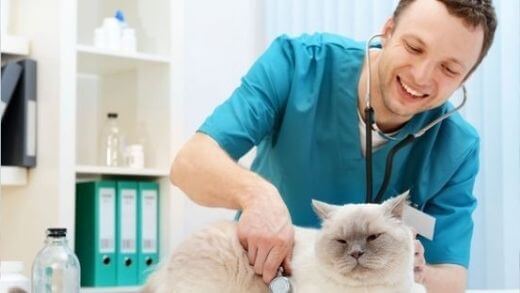
Taking my cat to the vet: How does it work?
Taking your cat to the vet clinic is like going to a pediatrician with your baby. Care will be administered to your little feline whether it is an adult cat or a small kitten. You will receive a whole lot of advice, including on his education, nutrition and maintenance, in order to keep him in good health.
However, going to the vet can be both difficult for you and your cat if you don't take some precautionary steps, both psychologically and financially.
In the following article, you will find everything you need to know about veterinary consultations, as well as some tips for a successful visit with your pet.
When to take your cat to the vet?

The role of the veterinarian is to monitor the general health of your cat and to administer adequate care in the event of a problem. Basically, you have to take your cat to the vet in 2 cases: either in order to control and prevent diseases or to treat your little feline already sick.
As a preventive measure: To prevent the development of diseases
The cat, whether it lives in the countryside or in an apartment, is exposed to many pathologies, as well as to parasites.
Some of these diseases are very contagious and have a considerable impact on the health of the cat, which can even cause its death (such as typhus, leukosis or rabies) which is treated with a vaccine and entered in its vaccination record. In addition, internal parasites (worms), treated with a cat dewormer, as well as external (fleas, ticks, lice) treated with an antiparasitic for cats, are just as dangerous for the cat.
So, to effectively protect your cat against these diseases and any invasion of parasites, it is essential to take him frequently to a veterinarian, to receive the appropriate preventive treatments and to avoid cat diseases.
This is how vaccines will be administered to your cat to fight against these serious diseases. Your cat will also be dewormed (from its 15 days) regularly, to prevent any invasion and proliferation of intestinal worms. He will also receive an external antiparasitic treatment for preventive purposes, to protect him against fleas, ticks, lice and other external parasites.
Also take advantage of your visits to the veterinarian to seek advice on a certain act to do yourself. For example cleaning the cat's nose or cleaning the cat's ears, don't be afraid to ask for a demonstration from a specialist.
As a curative measure: To treat your already sick cat
Stay vigilant! If, for example, your cat is scratching more than usual, or sneezes, coughs, drools, has bad breath, has a runny nose, breathing difficulties, vomits, has diarrhea, is constipated, has difficulty urinating, limp, blinking, or many other symptoms, he may be sick. So basically, if you observe any suspicious behavior or condition with your cat, you should go to the vet right away.
In addition to administering a suitable treatment to your little animal, the veterinarian will give you lots of advice, particularly on food, education, grooming, etc. in order to keep your cat in good health.
First visit to the vet for the kitten
If you have just welcomed a kitten into your home, the first visit to the vet should be as soon as possible, so that the latter makes sure that your cat is doing like a charm and does not suffer from any serious illness or malformation, considered as a crippling defect (which would allow you to return the cat to the seller).
If during the first veterinary visit your kitten is over 8 weeks old, this will also be the occasion for you to have her vaccinated. Note also that this first visit also familiarizes your cat with this new environment.
What will be the important visits to the veterinarian afterwards?
After the first visit to the veterinarian, the other important consultations will be especially those which are systematic and related to the reminders of vaccines : 3 to 5 weeks after the first vaccine, then every year. Then there are the unsystematic (therefore unplanned) visits which will be important, in the event of suspicion of a pathology affecting your hairball, or in the event of an accident.
Documents to prepare for the appointment
To go to the veterinarian, you must have your cat's health record, which contains essential elements for proper monitoring of the little feline's state of health. The health record presents the cat's history (various consultations, vaccines, treatments administered), as well as the contact of the former veterinarian (email, telephone), allowing the new veterinarian to get closer to him if necessary.
How to deal with your cat's stress
The first visit to the vet can be a particularly stressful exercise for the cat, to the point of traumatizing it for life. This is why you must take all the necessary precautions to make this first experience as pleasant as possible for kitty.
Thus, during the car trip, avoid putting your cat in a cage, but rather in a basket or carrying bag with a blanket bearing its scent.
Arrived at the vet, in the waiting room, the cat may be frightened or panicked by the sight of other congeners: reassure him with treats or a toy.
Finally, during the consultation, always stay beside your cat, standing behind him and comfort him every time he looks at you. If this first visit goes well, the others will be fine.
Plan in advance the costs of the cat's veterinarian
Because your little feline needs regular preventive care and sometimes unpredictably, it is essential to plan in advance the costs of the veterinarian, by subscribing to a mutual for cat. Indeed, depending on the formula, most insurance covers all or most of the costs of taking charge of the cat.
Compare Insurance for Cat
If we take for example the case of a cat vaccinated against typhus, coryza and rabies, its owner spent a total of 96 euros at the veterinarian, and was reimbursed (thanks to the subscription full insurance) 80% of these costs, i.e. 76.80 euros.
If we take again the case of a cat who got into a fight with another and suffered from multiple injuries, his owner spent 86.10 euros at the vet, an expense he certainly had not foreseen. Fortunately, thanks to his insurance subscription, he was reimbursed 51.66 euros, and therefore only spent 31.44 euros.

